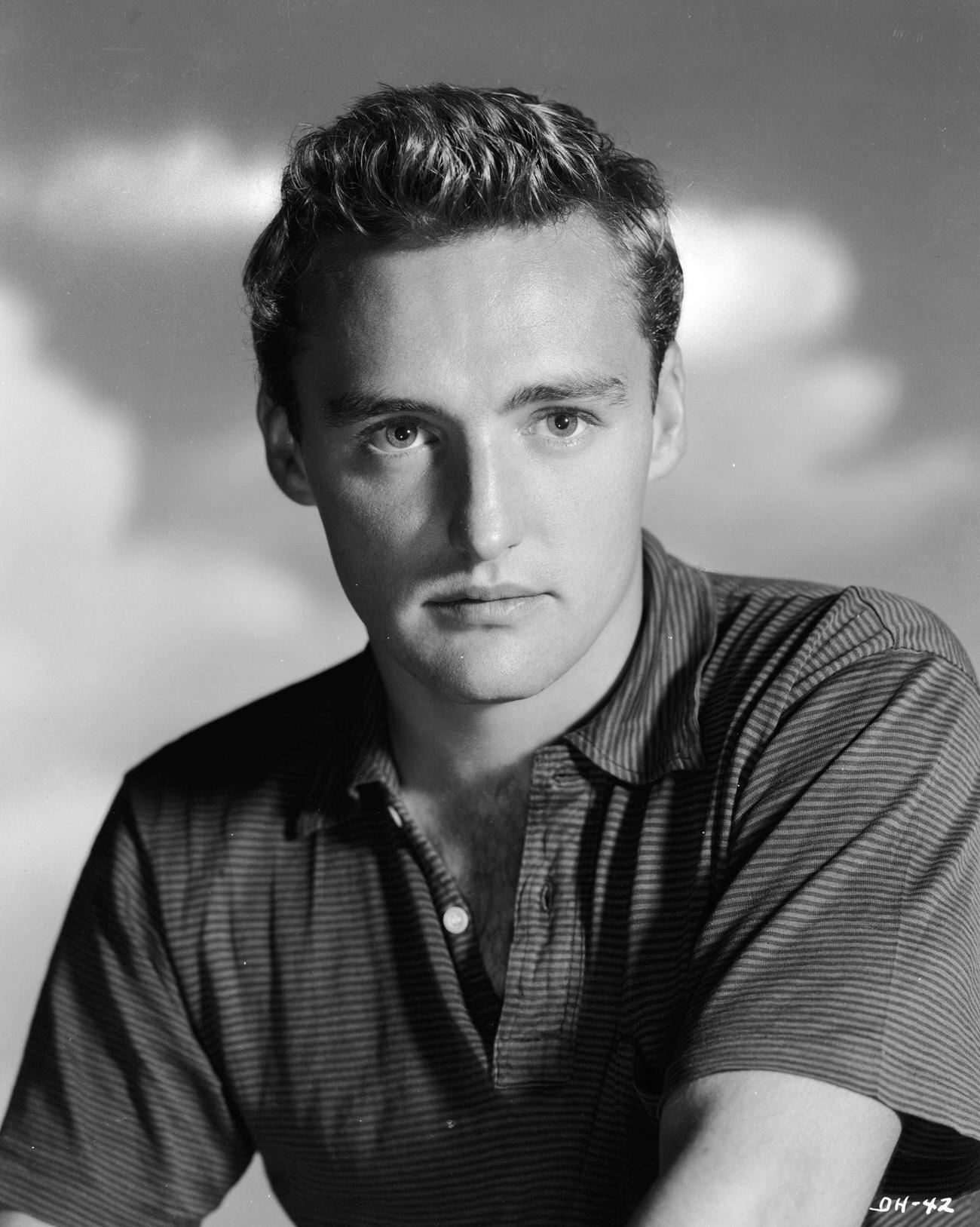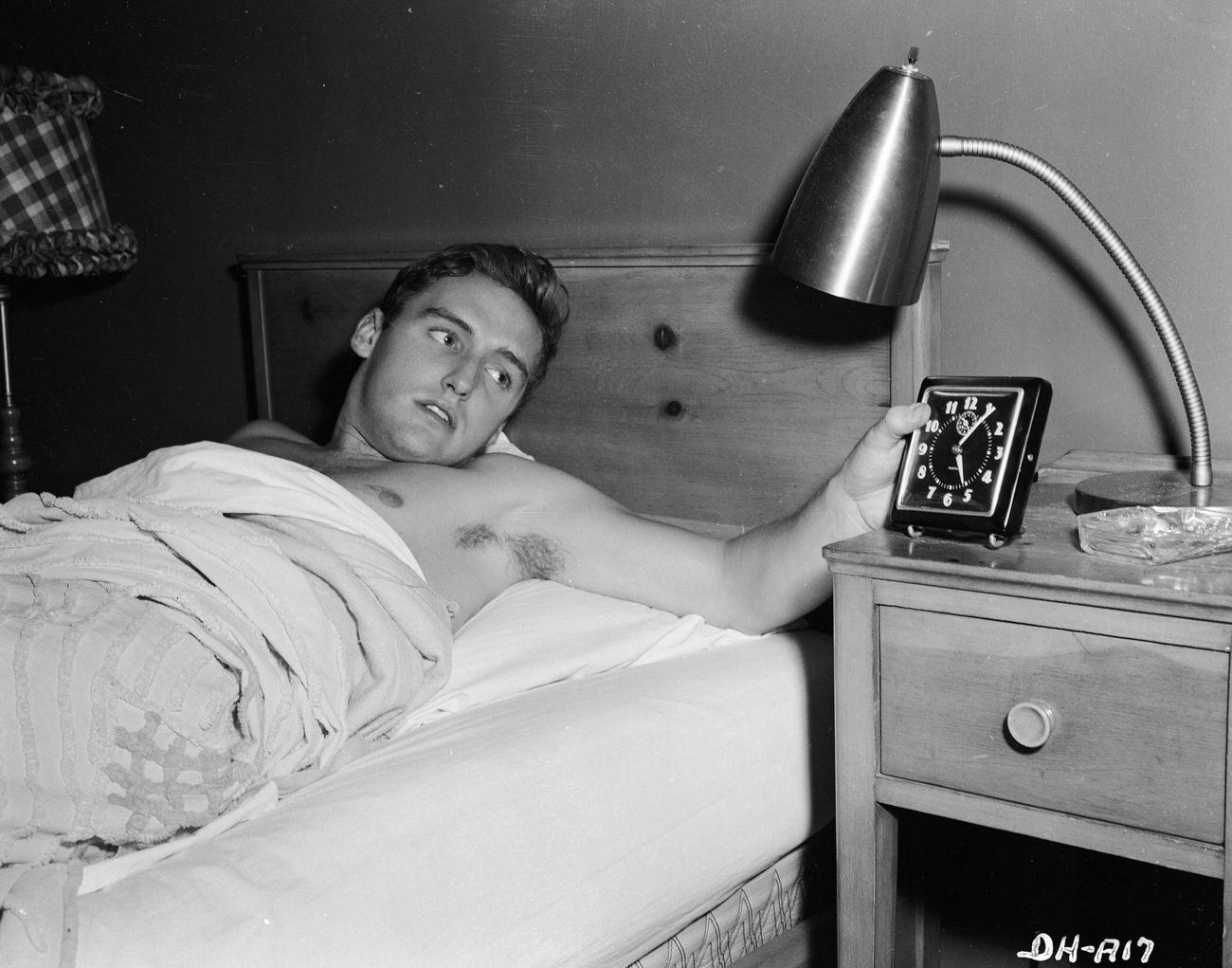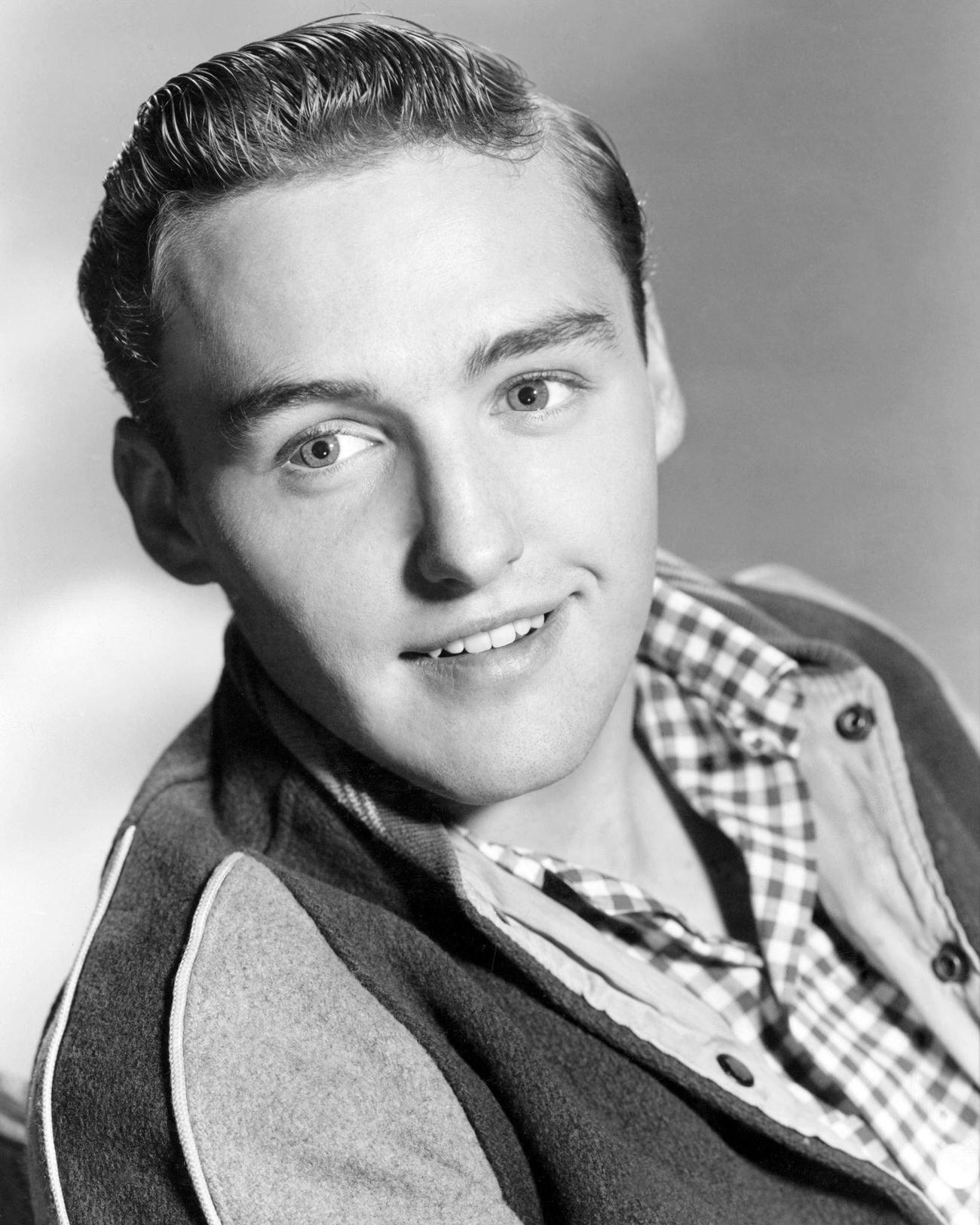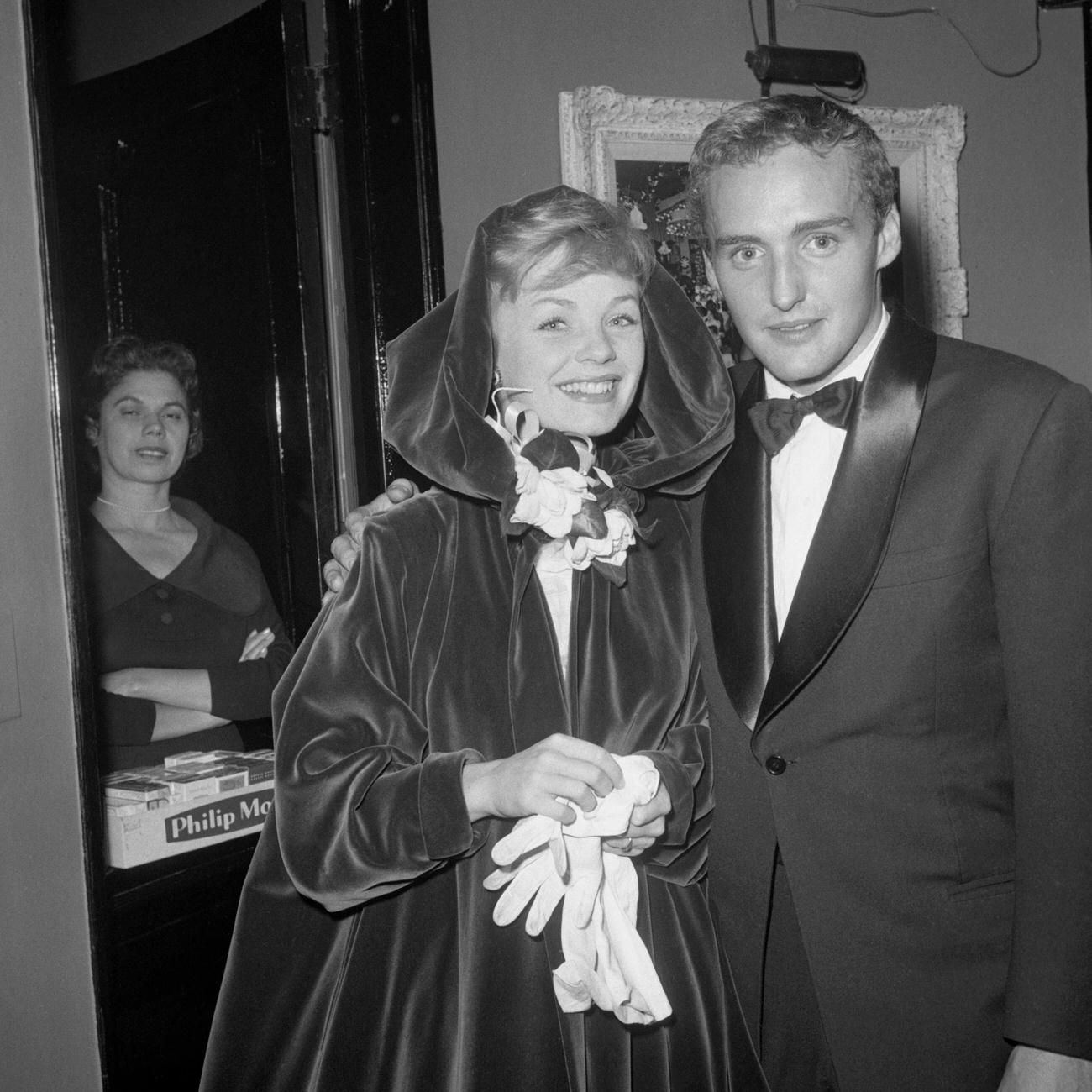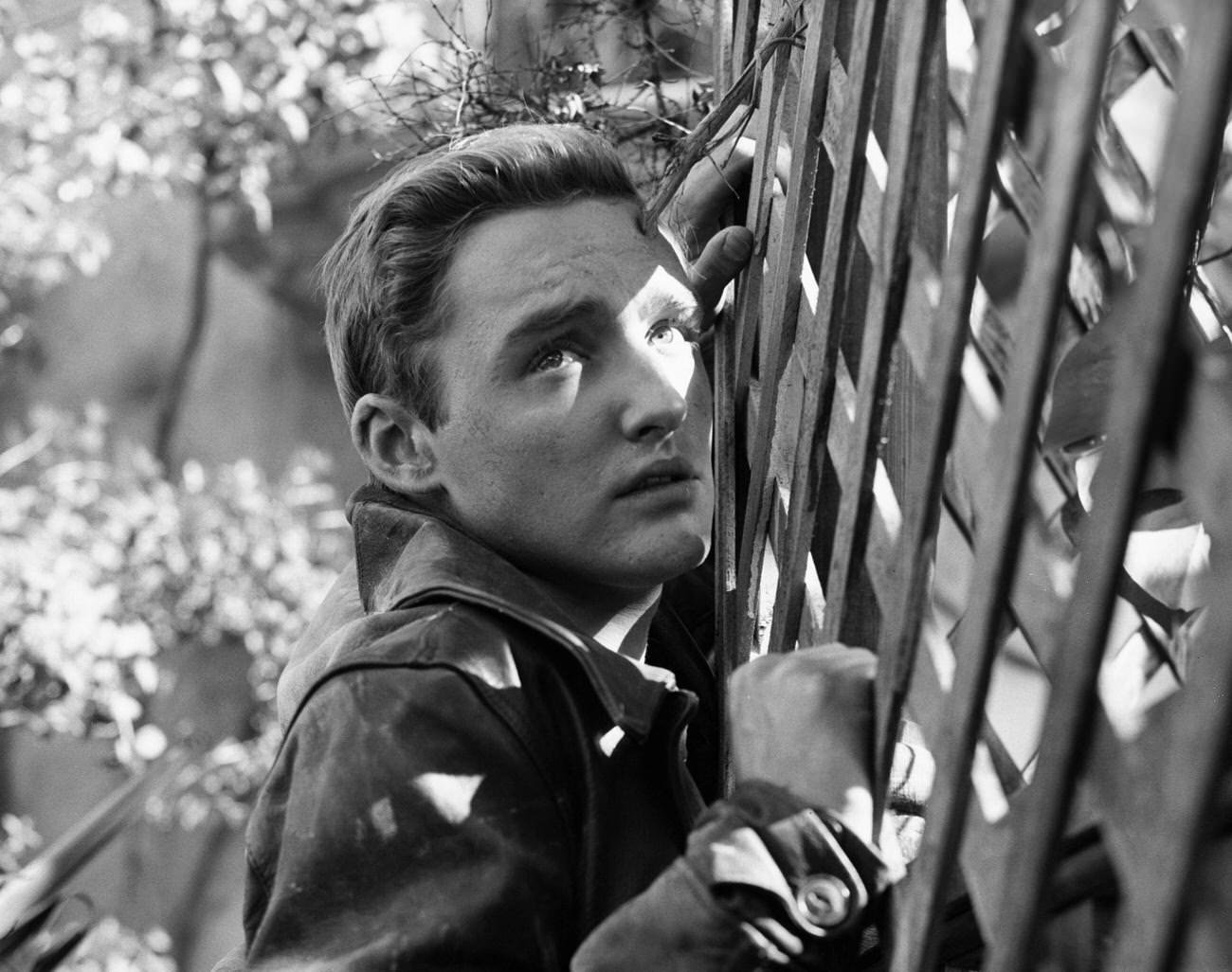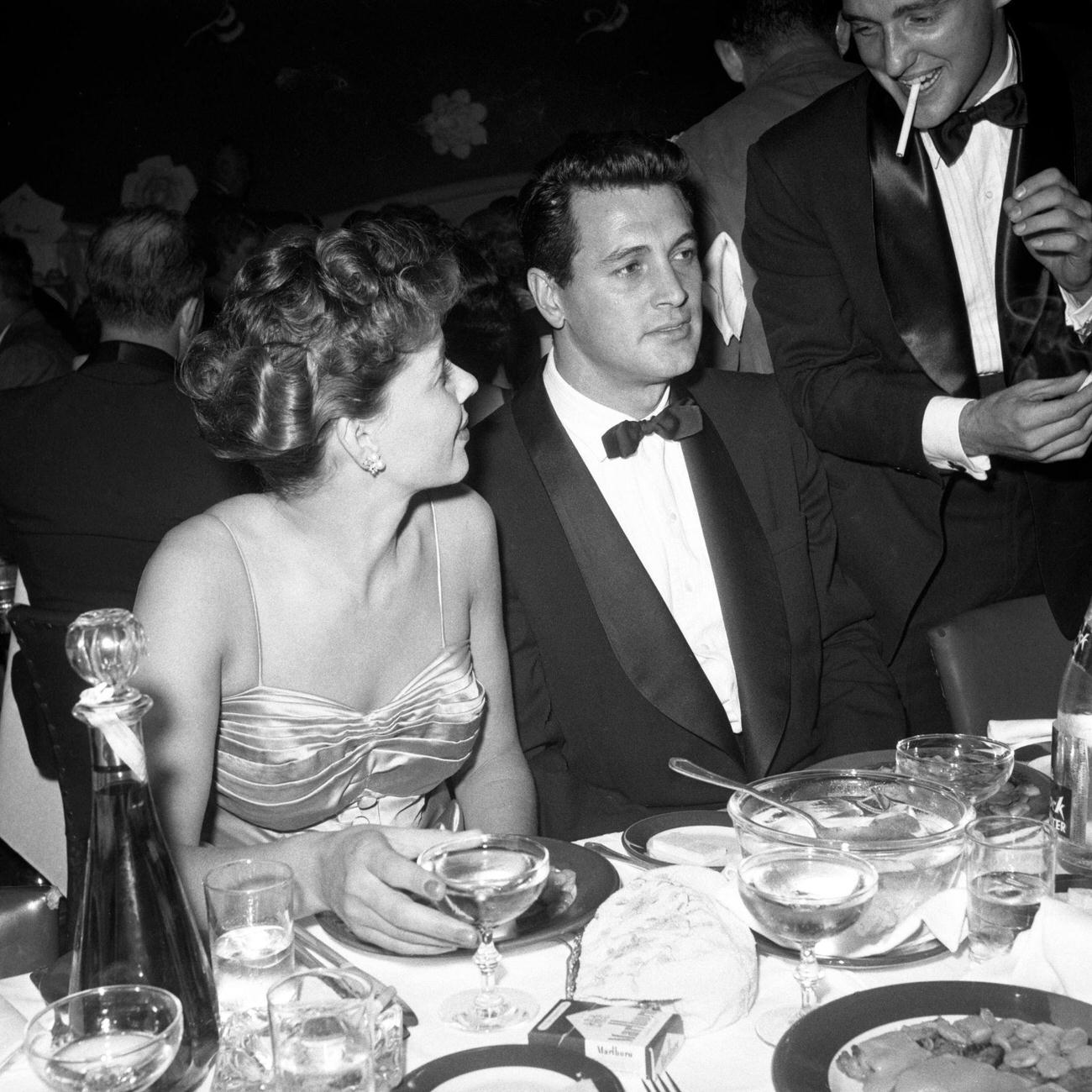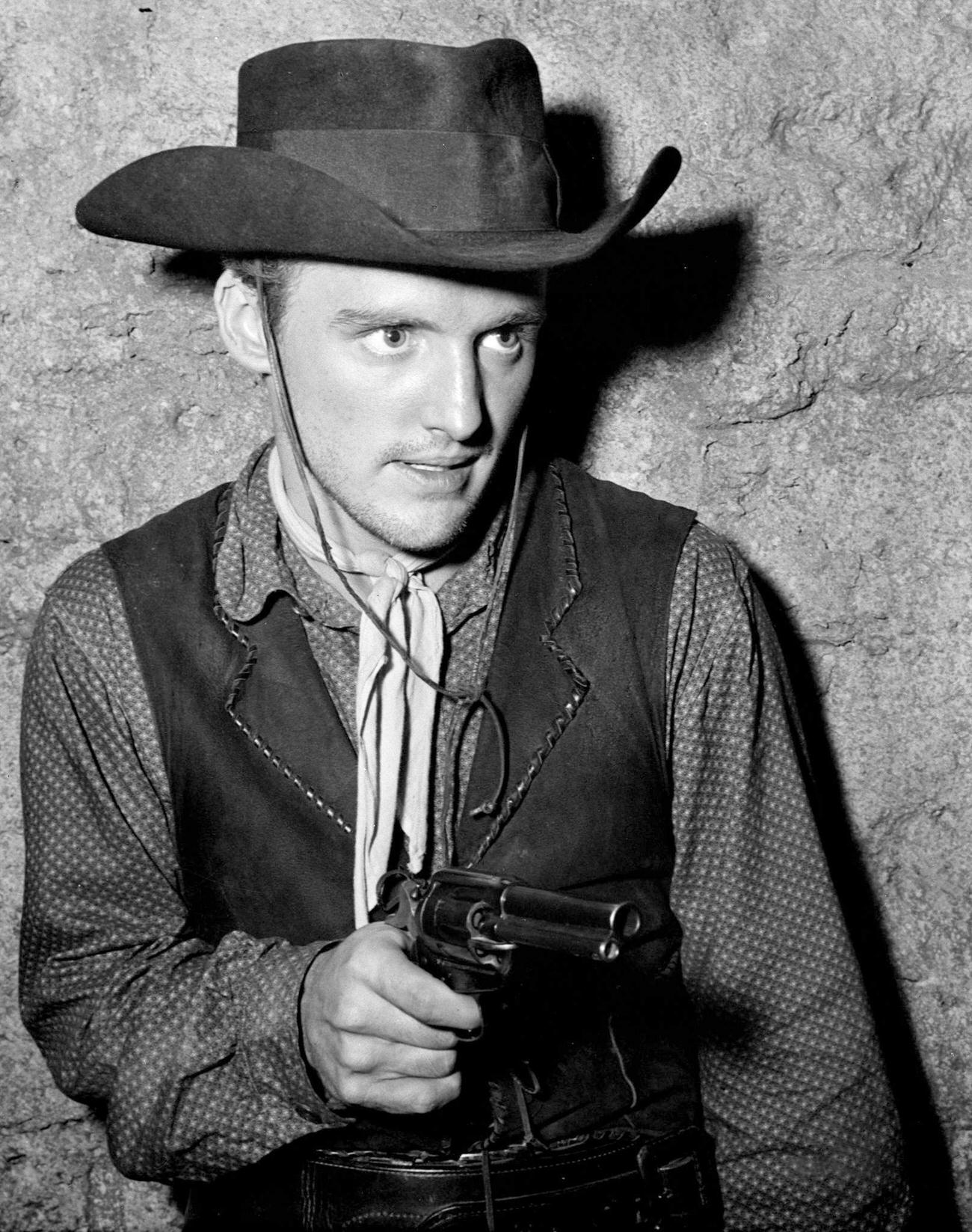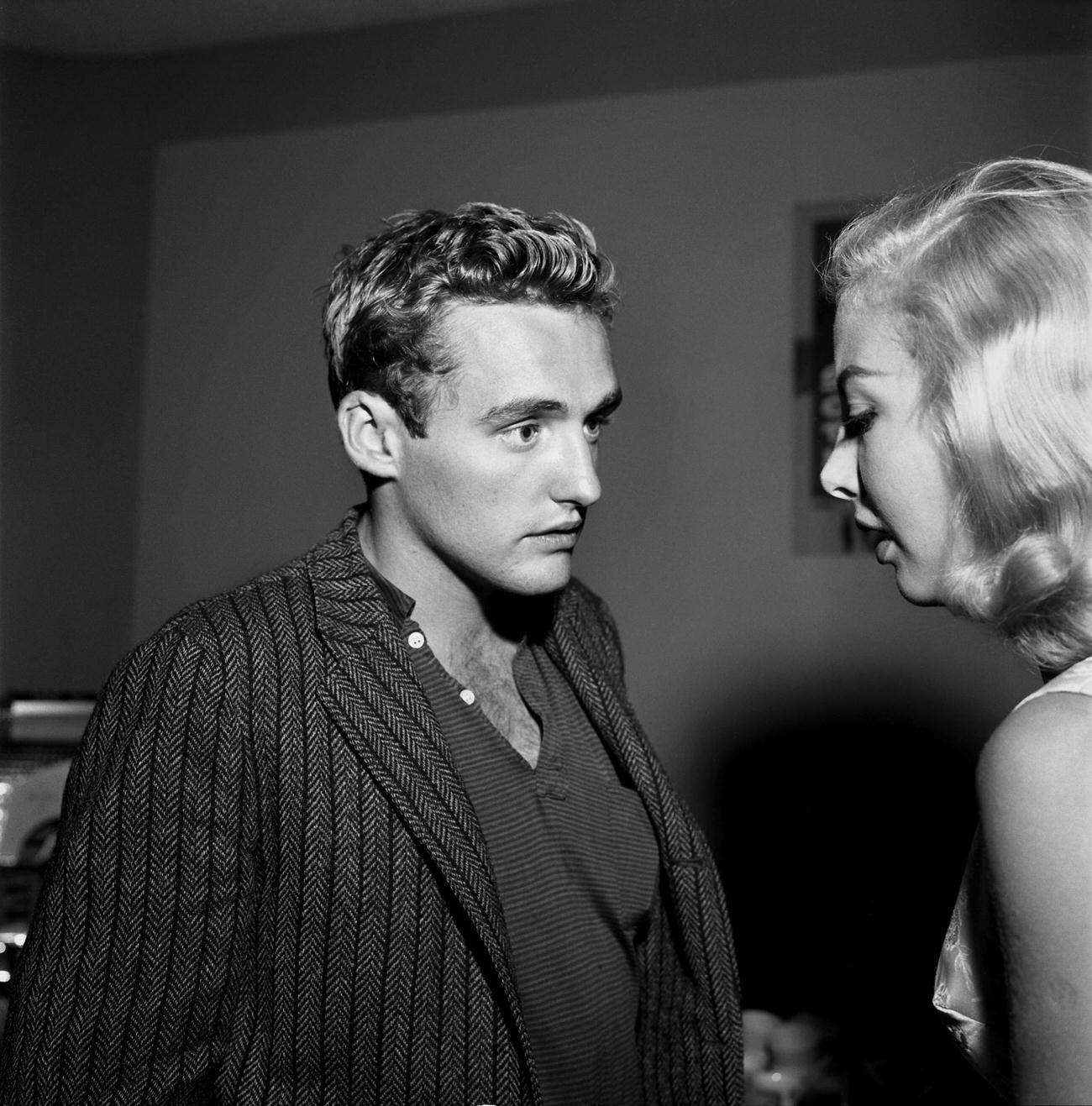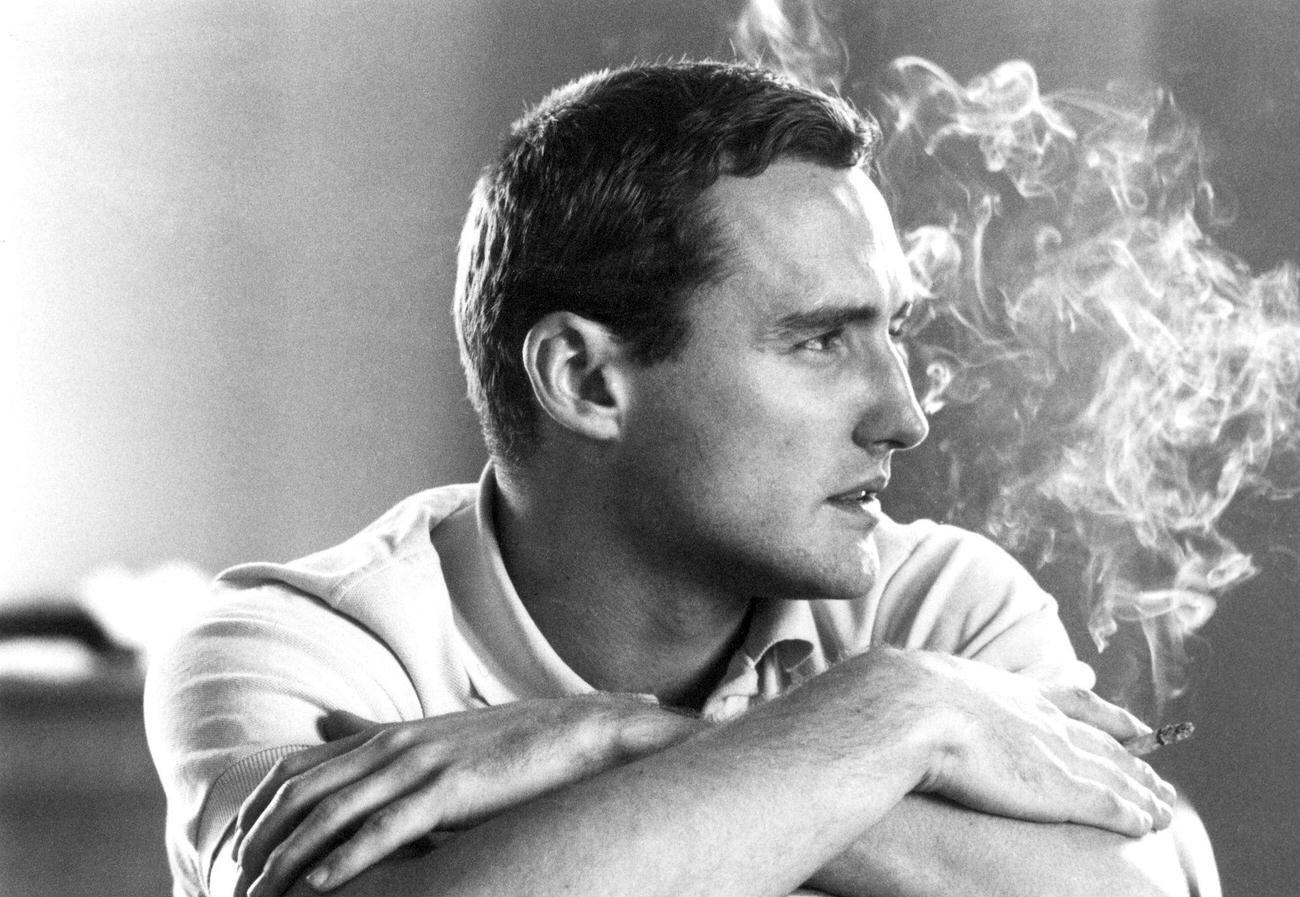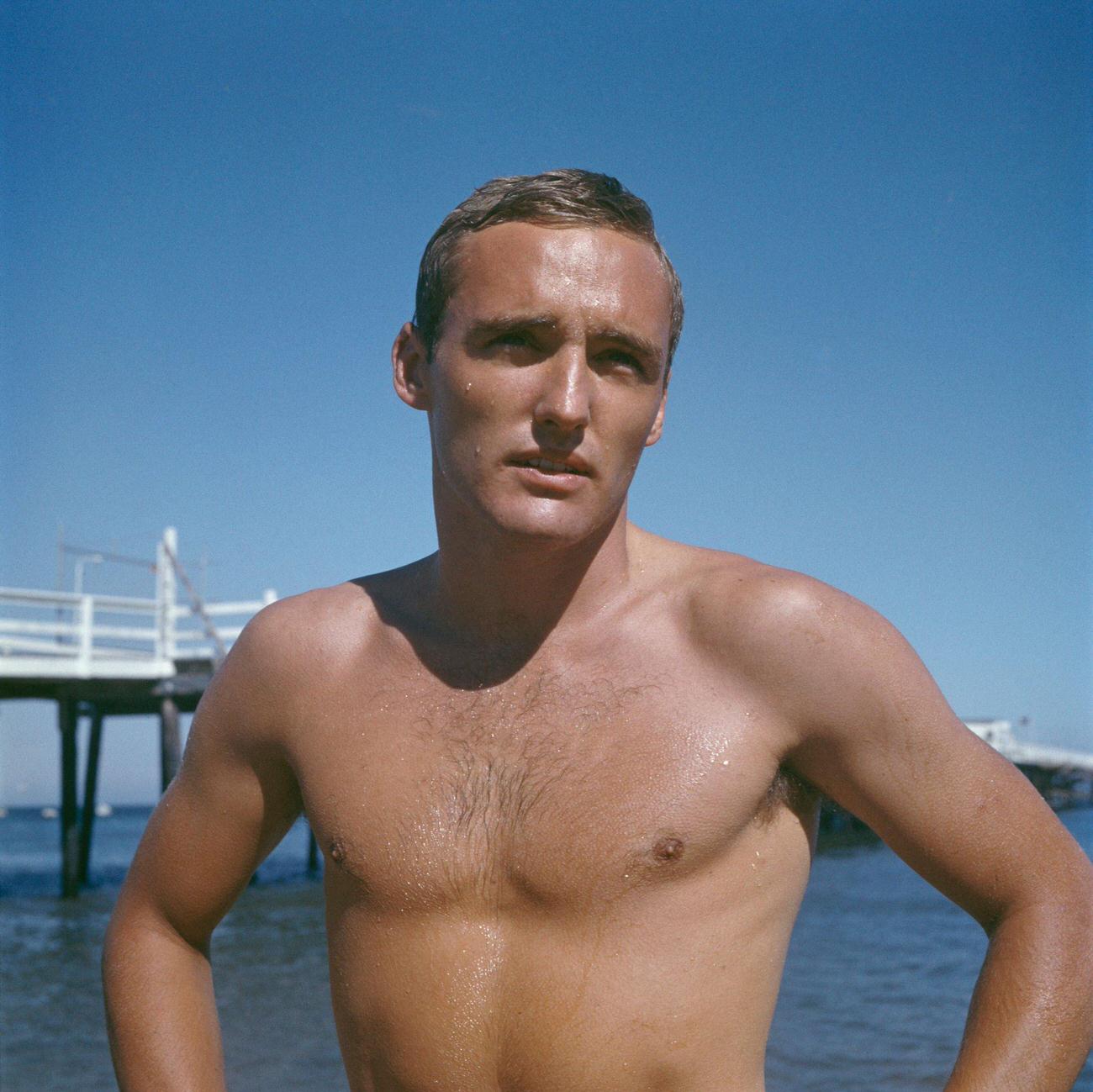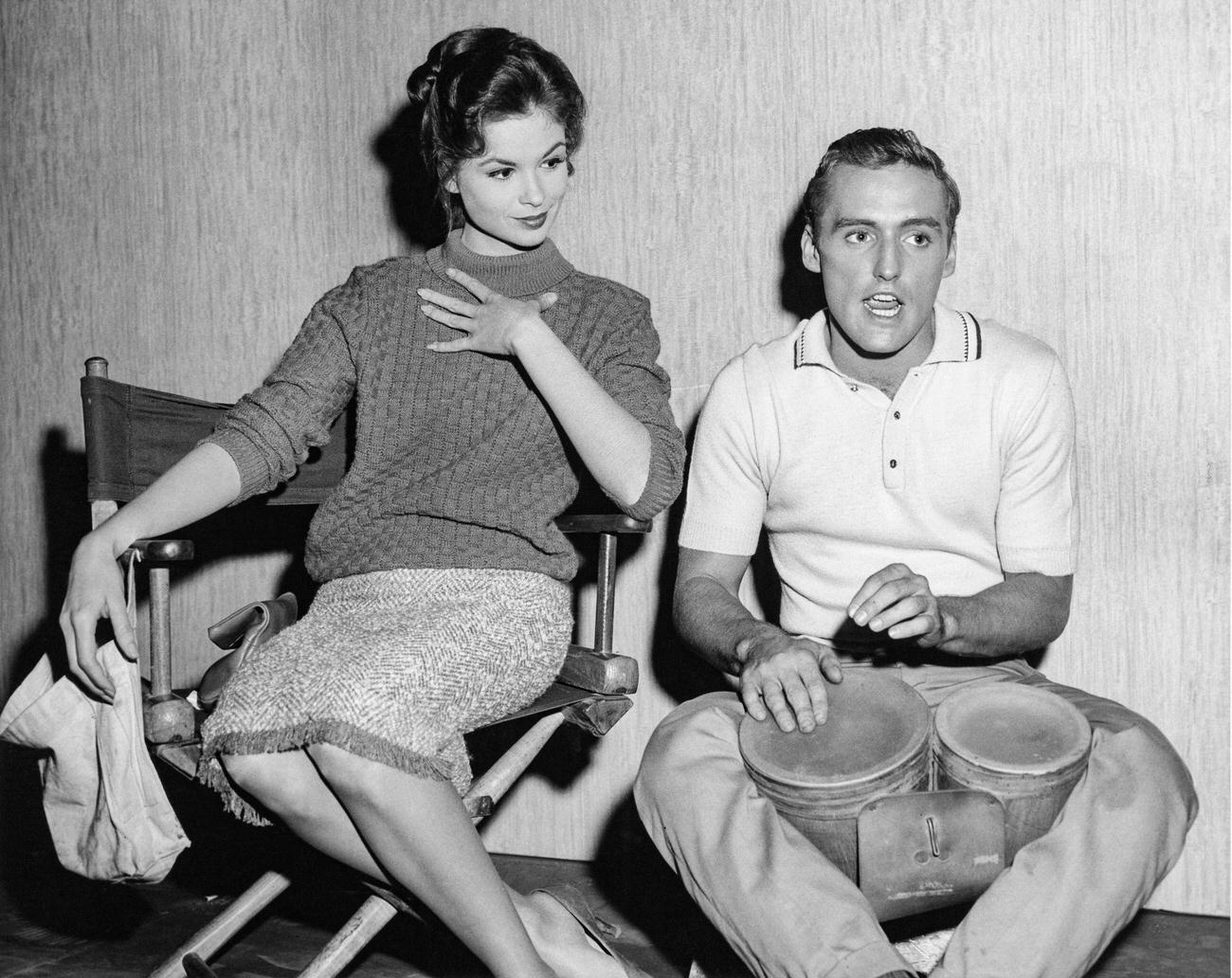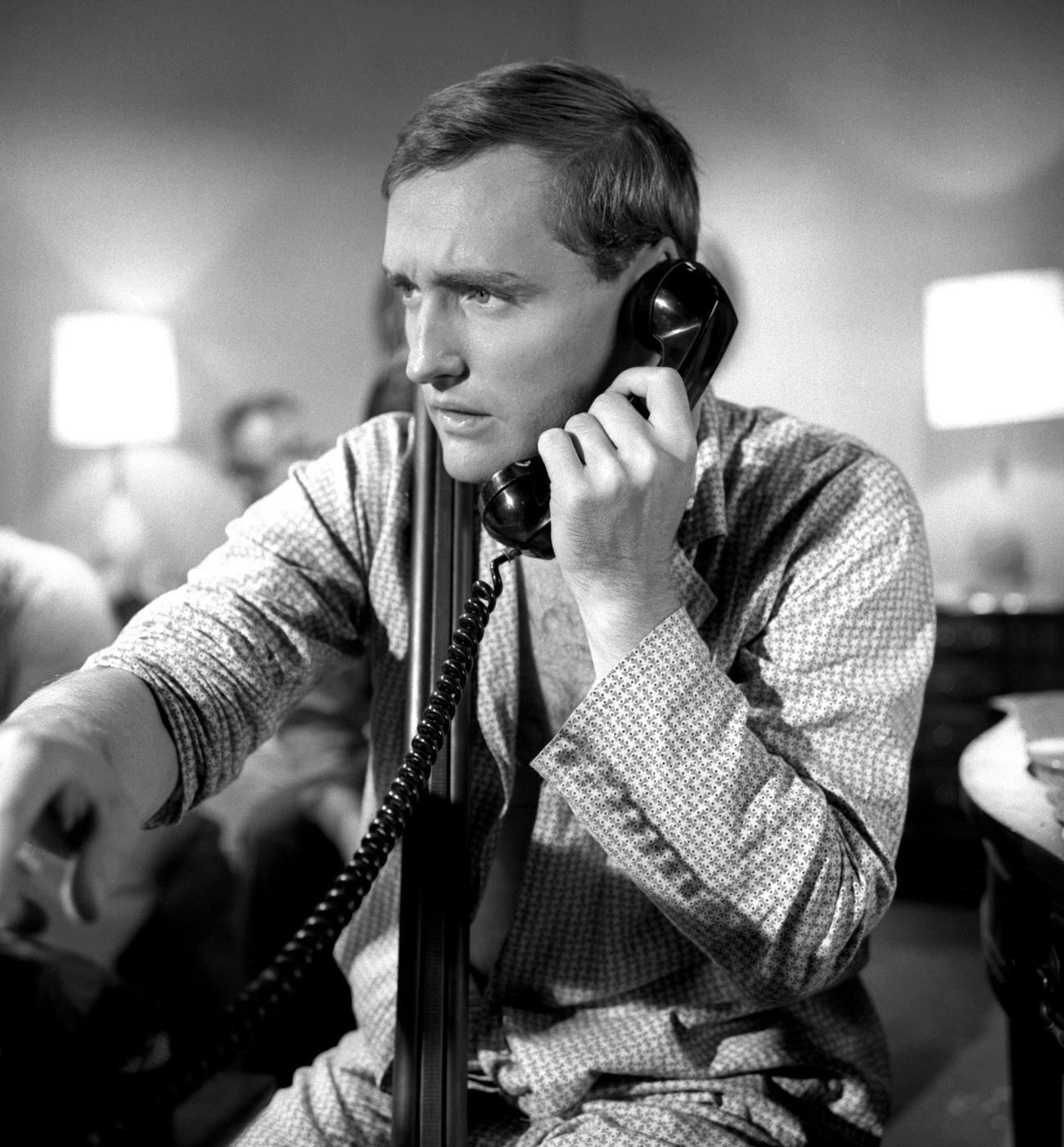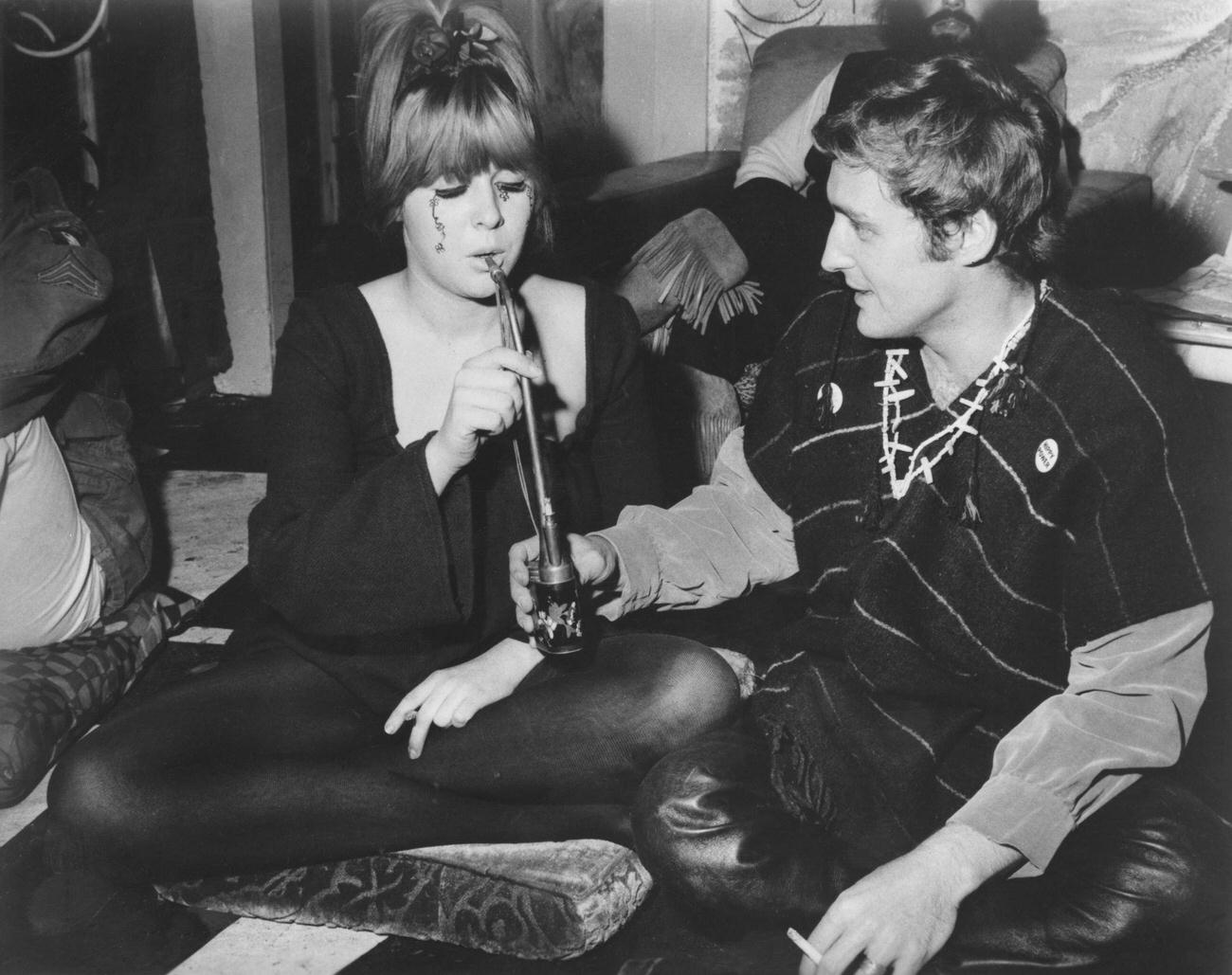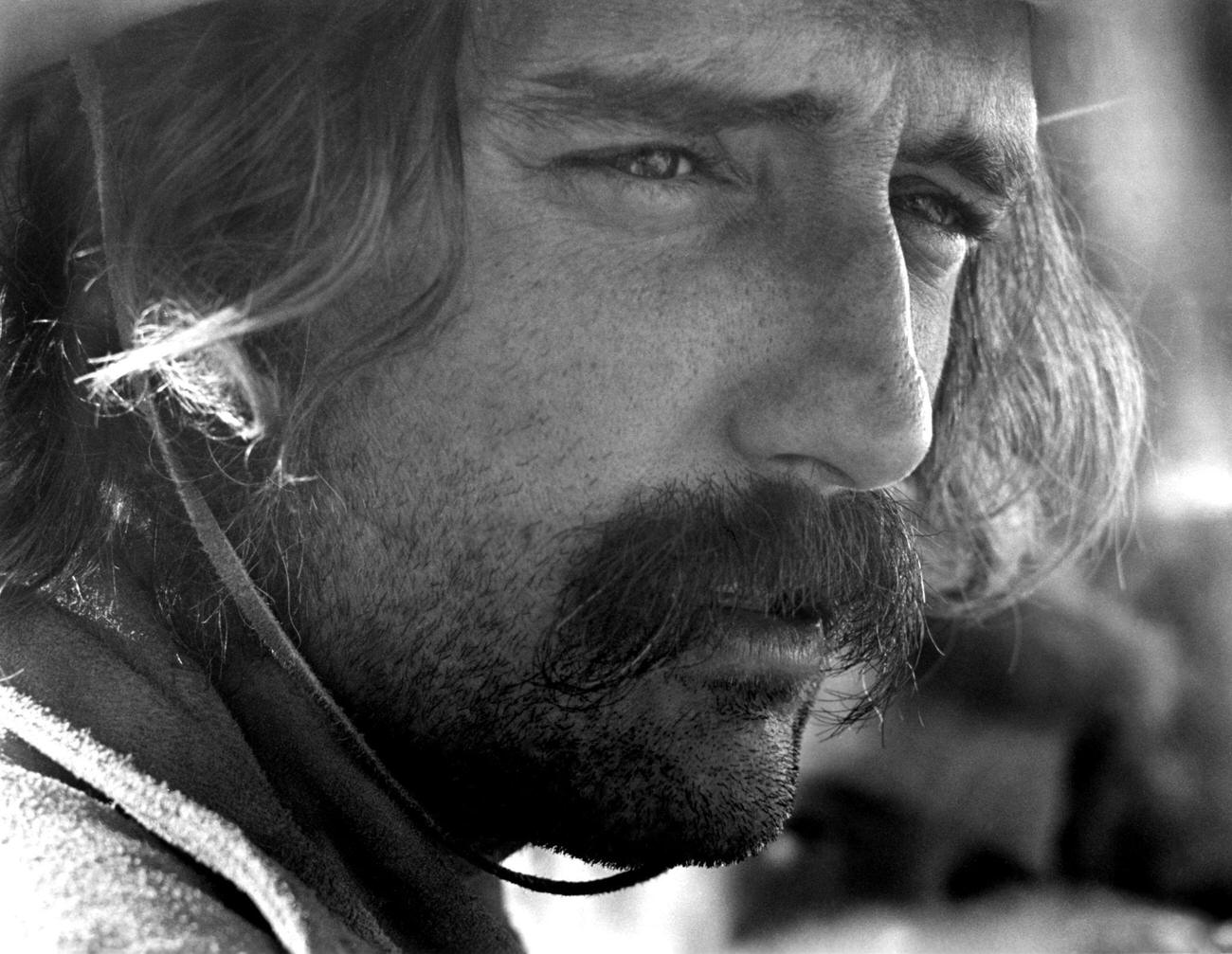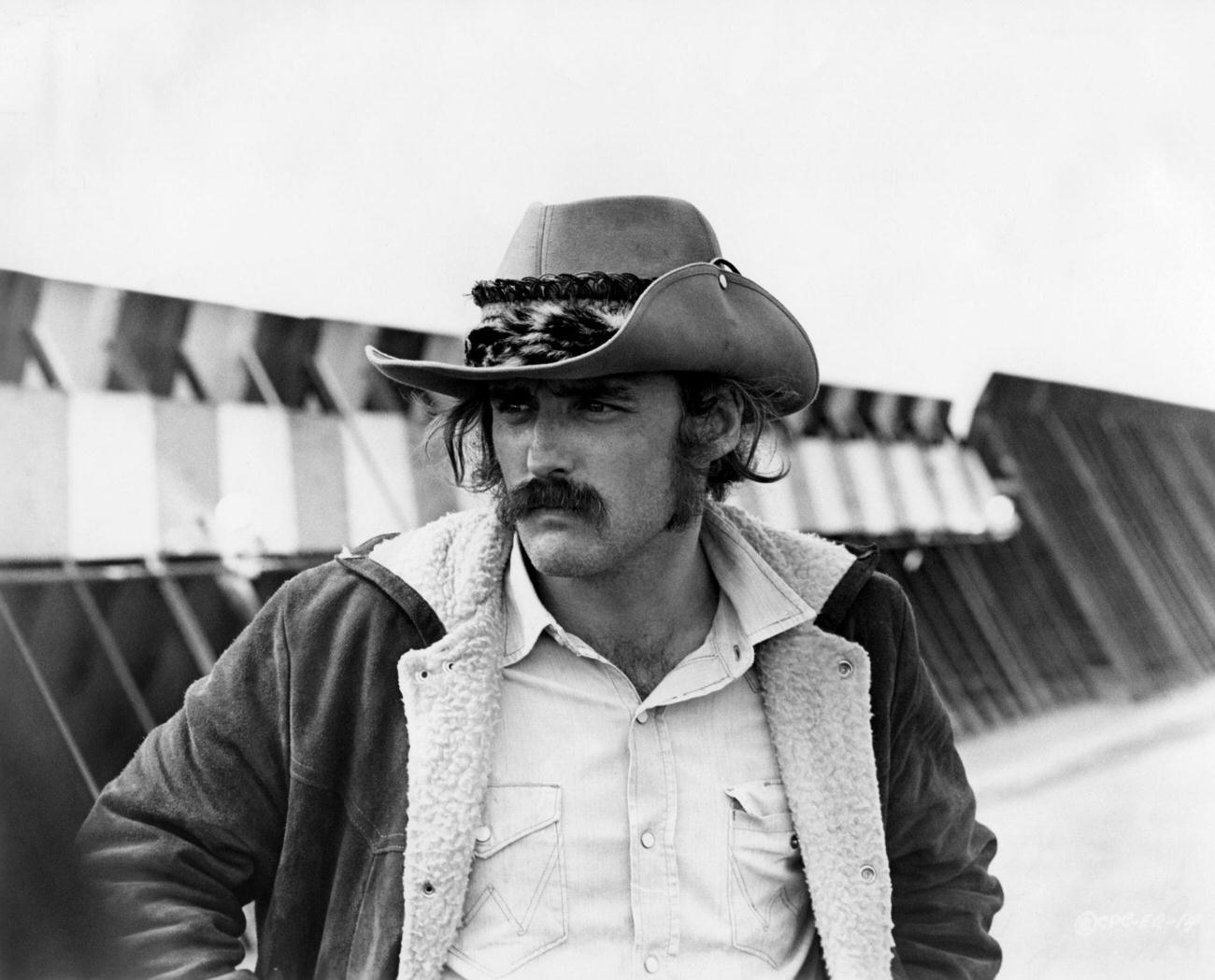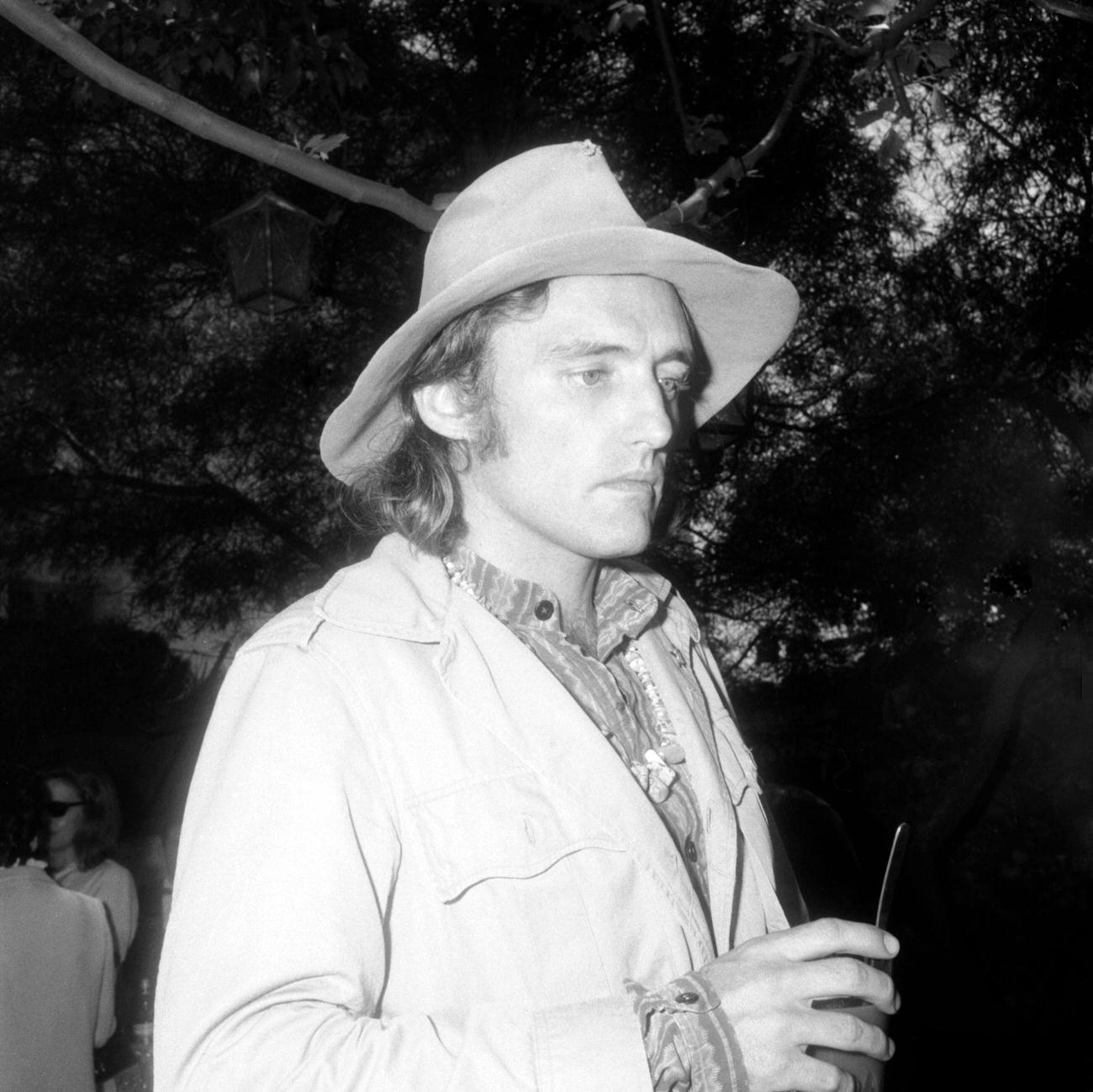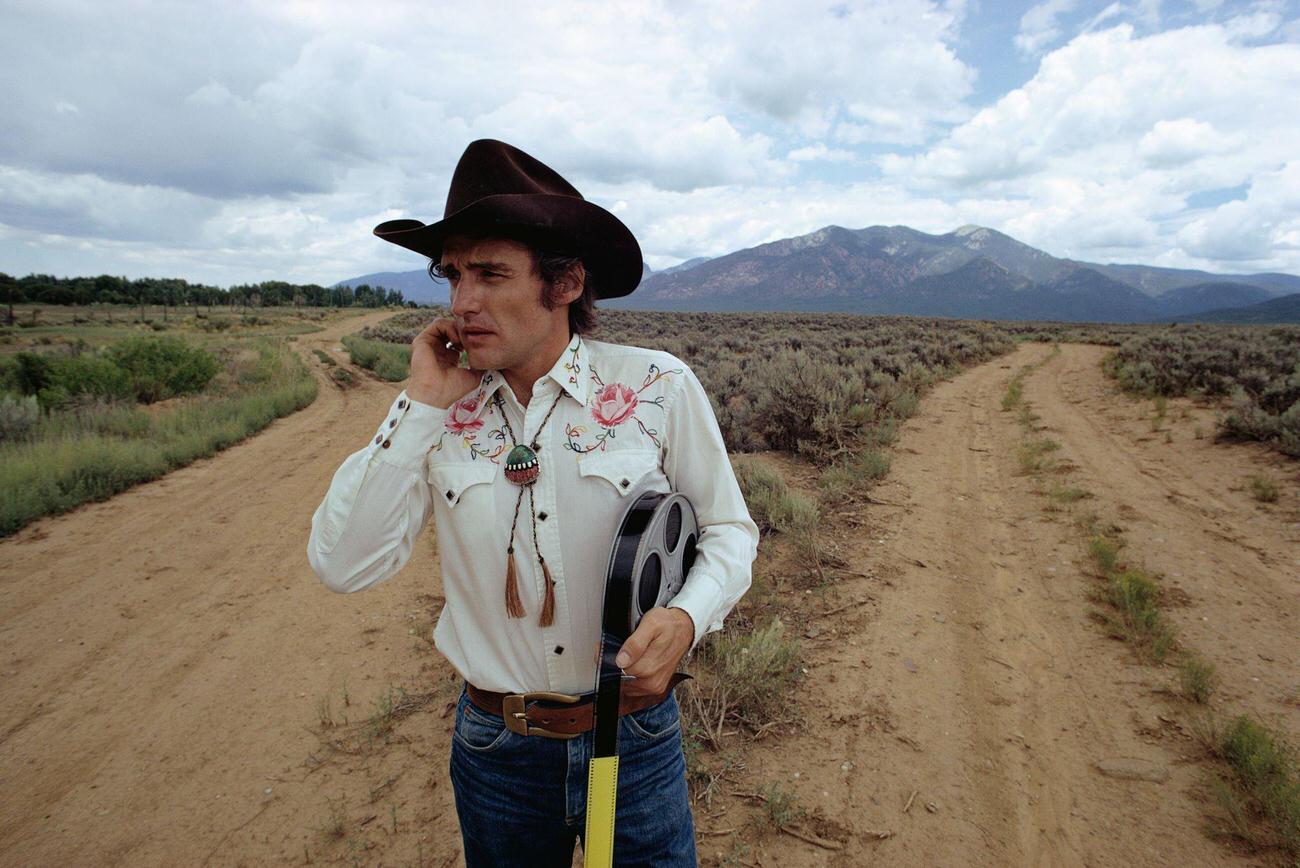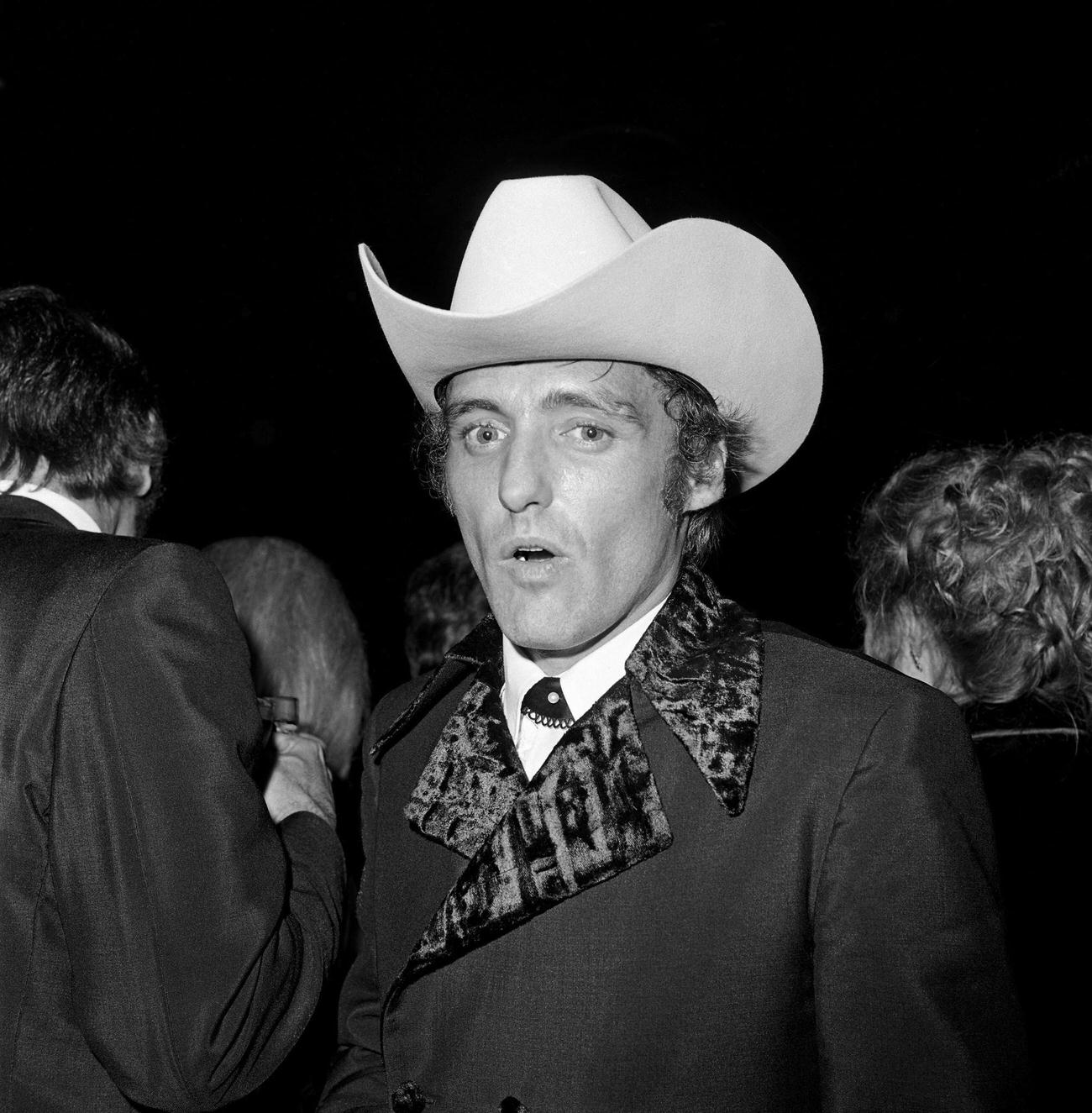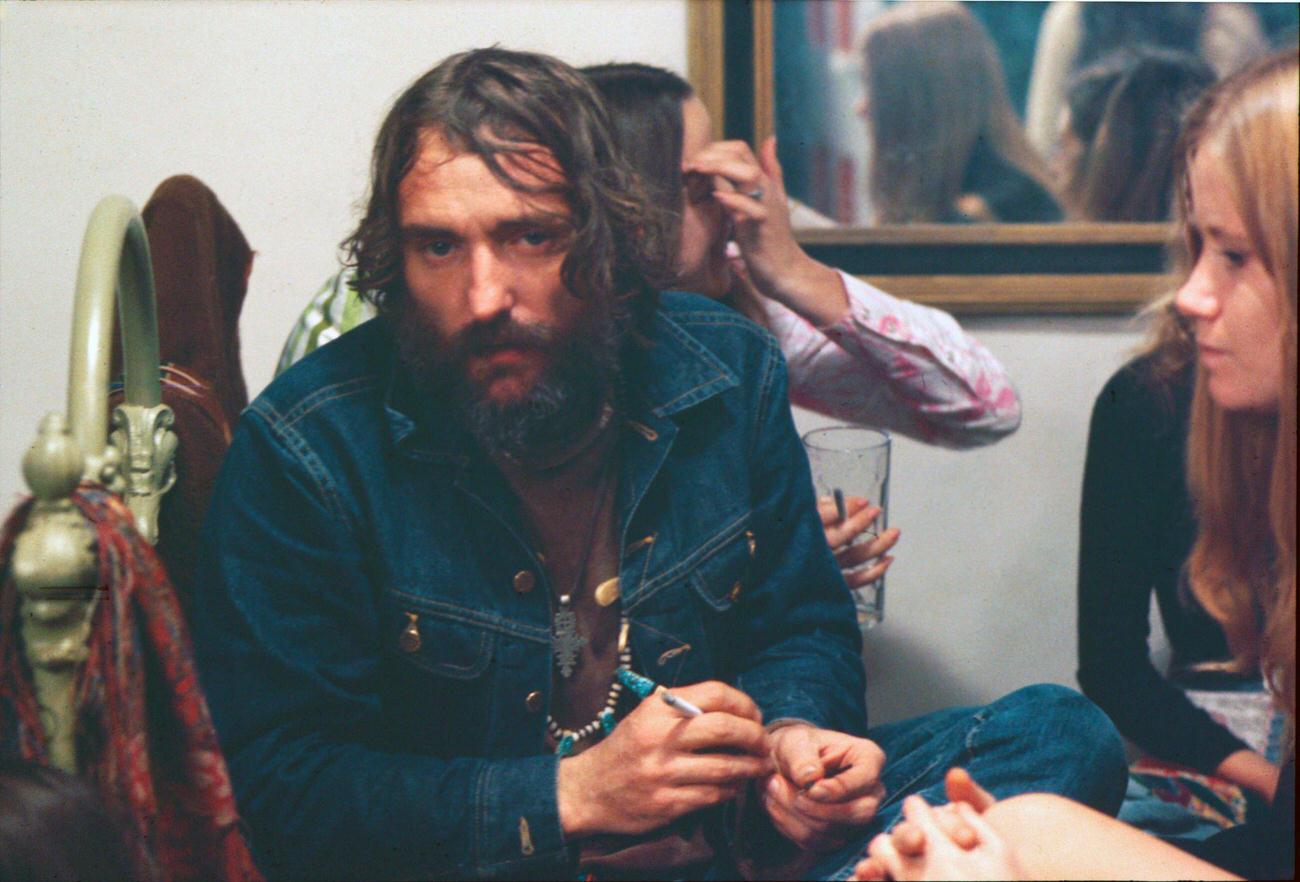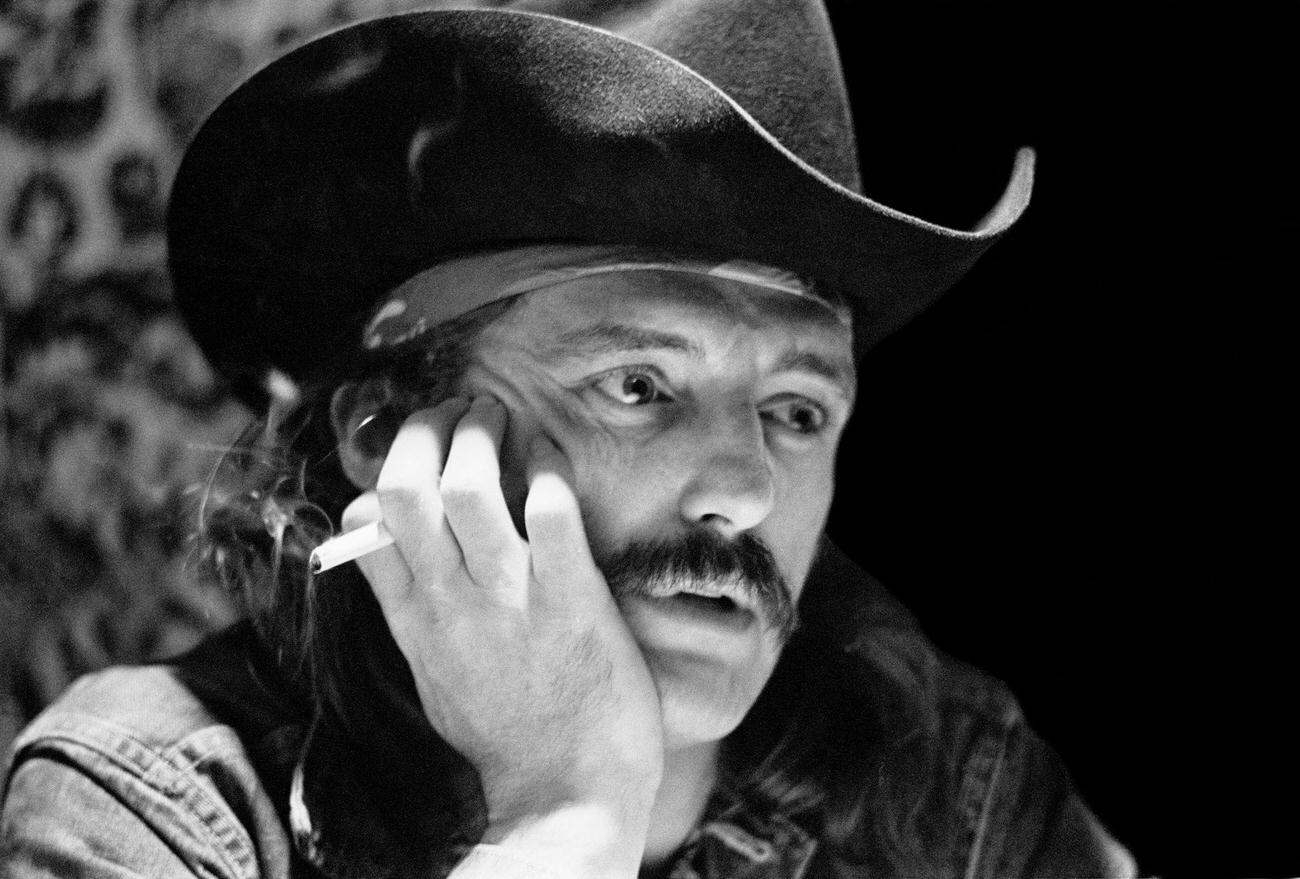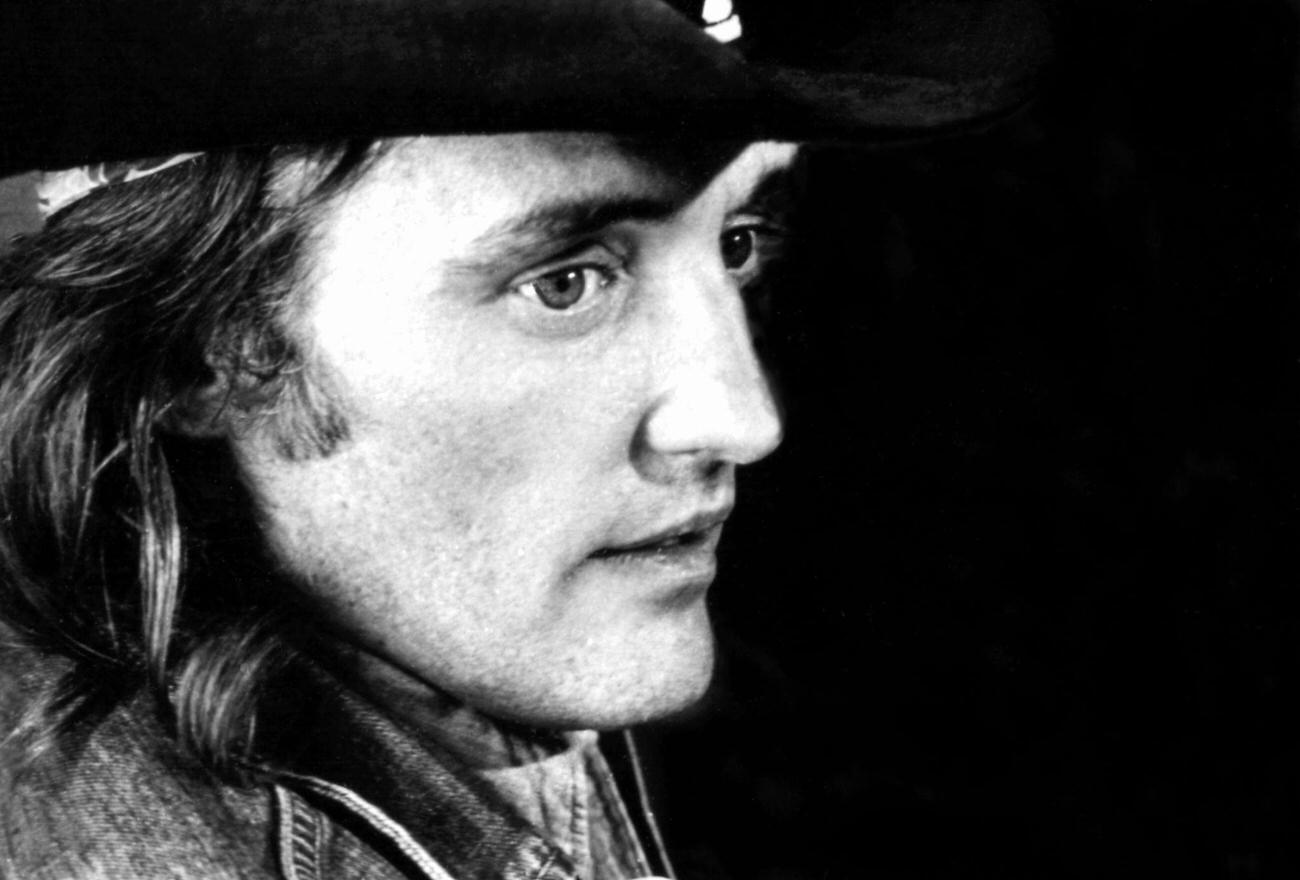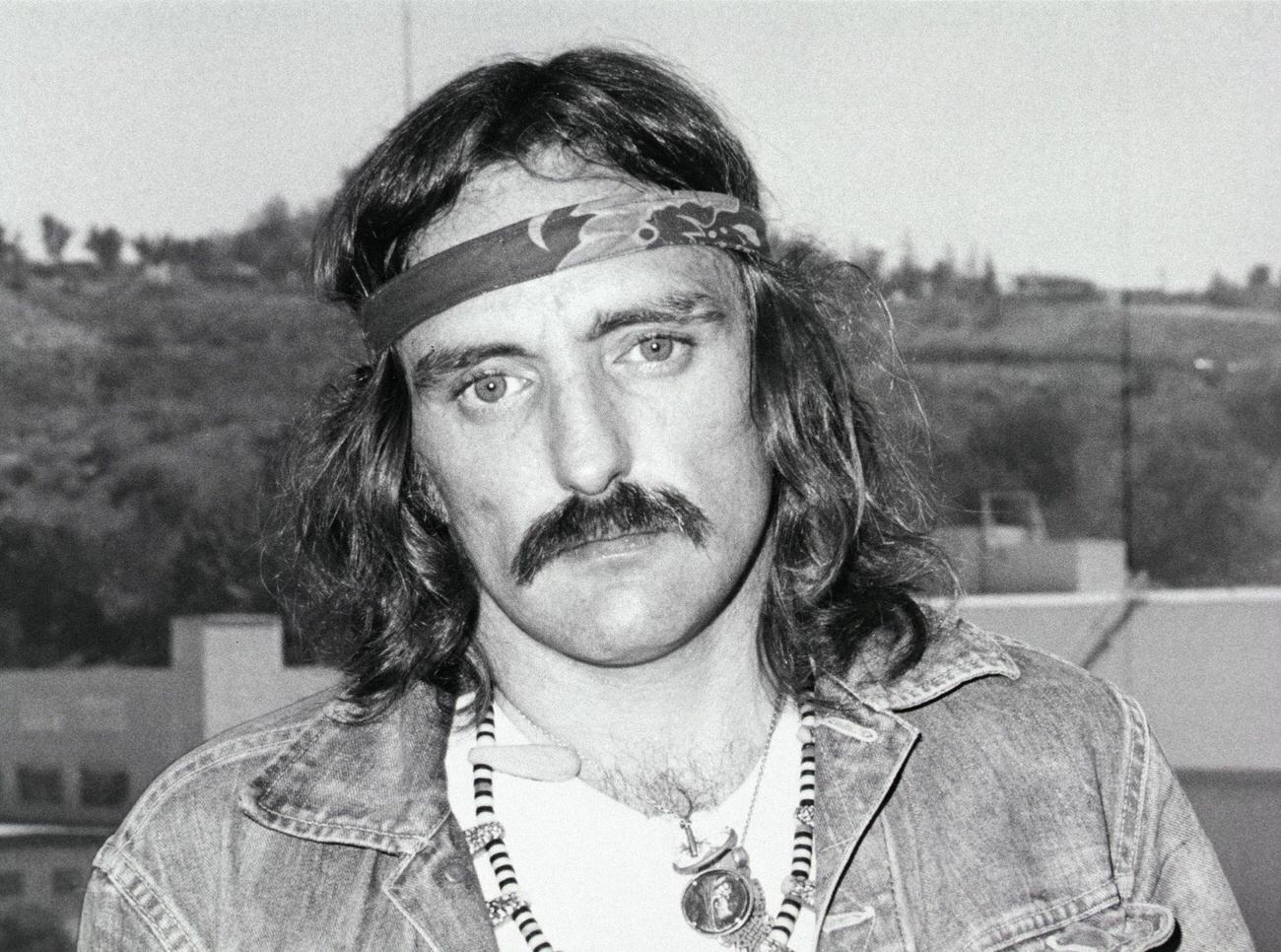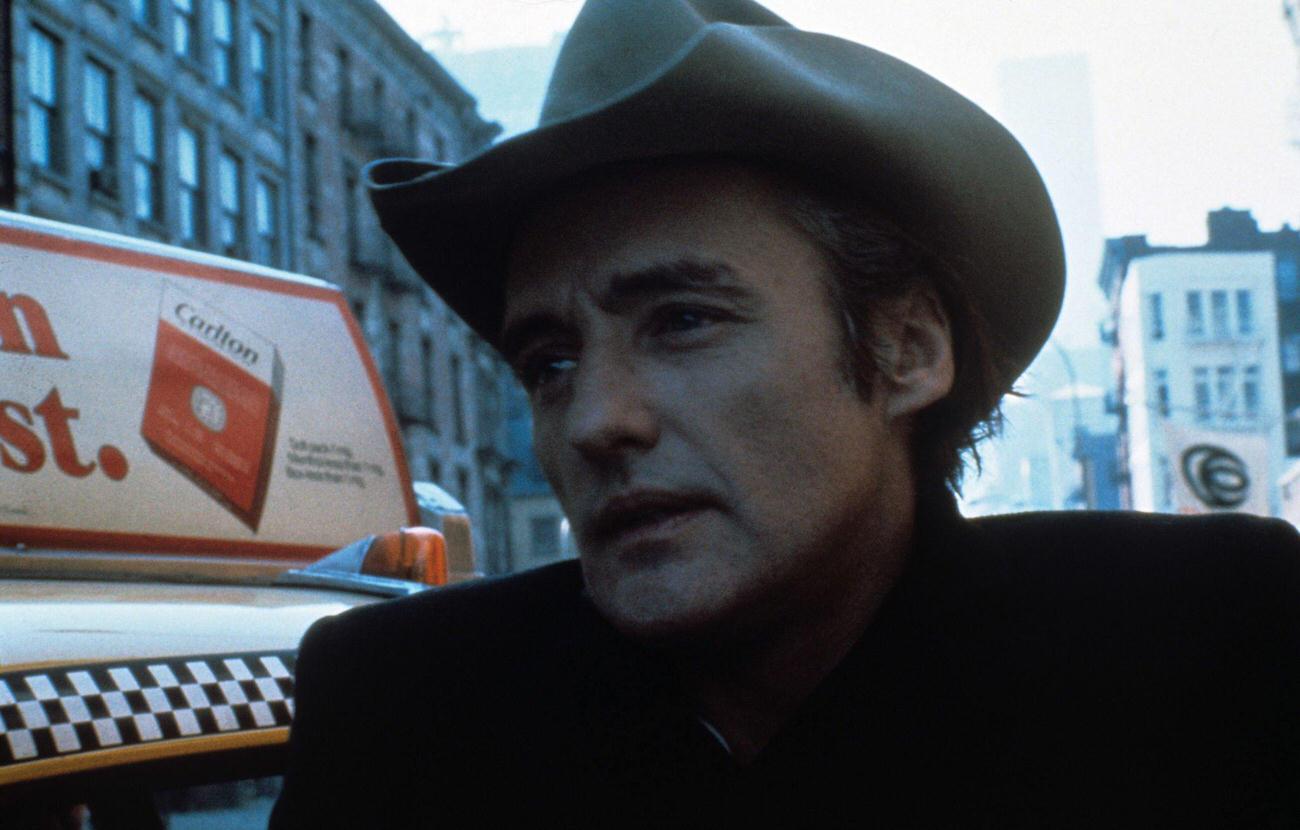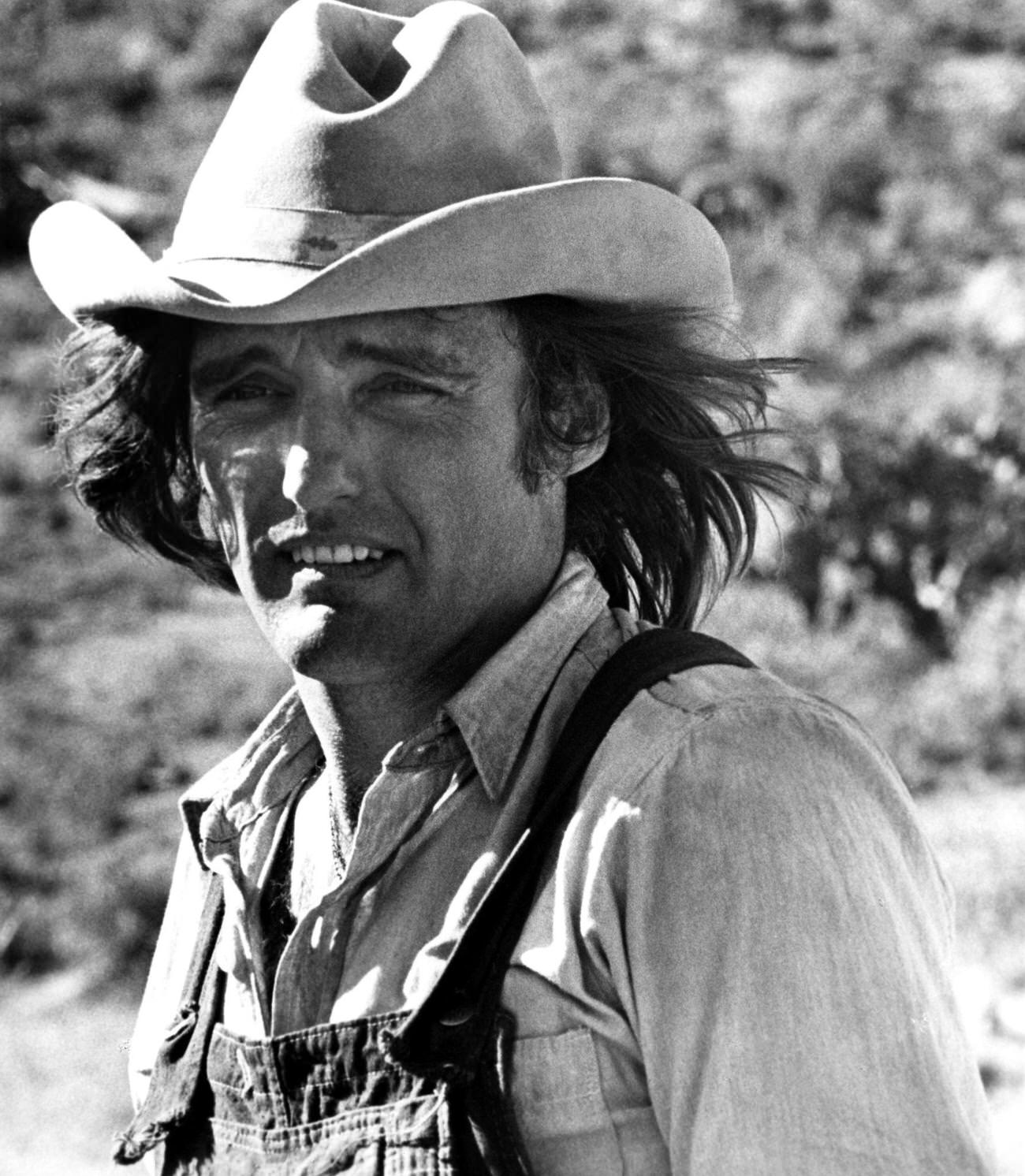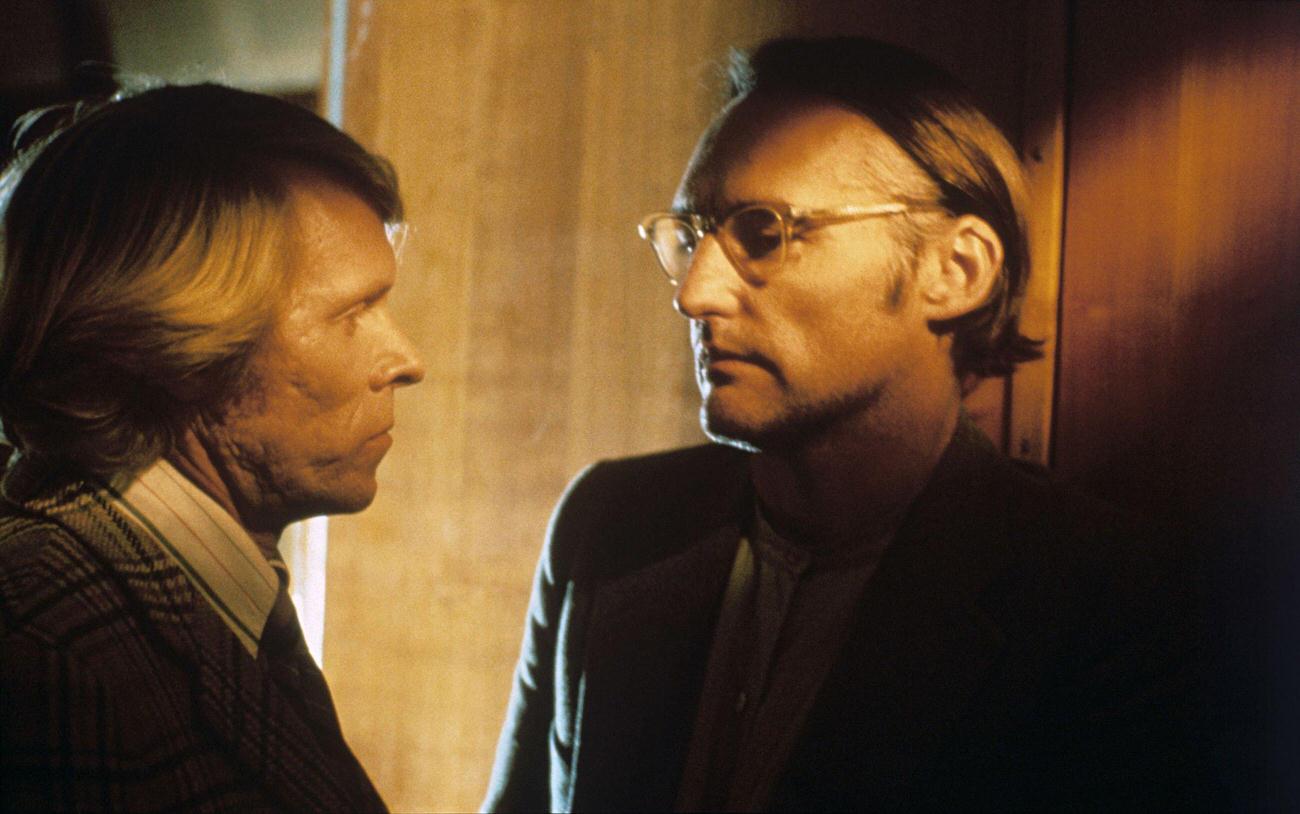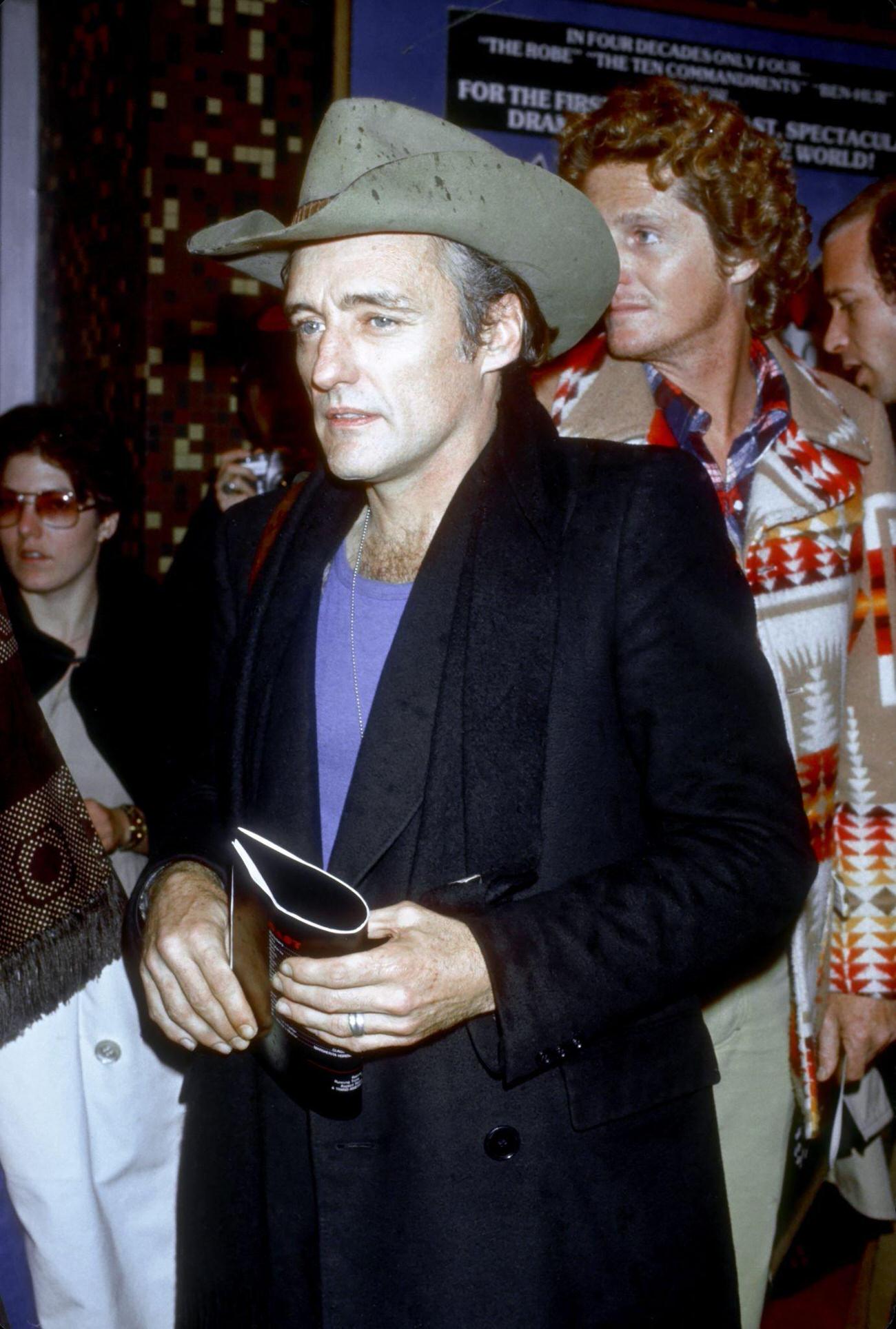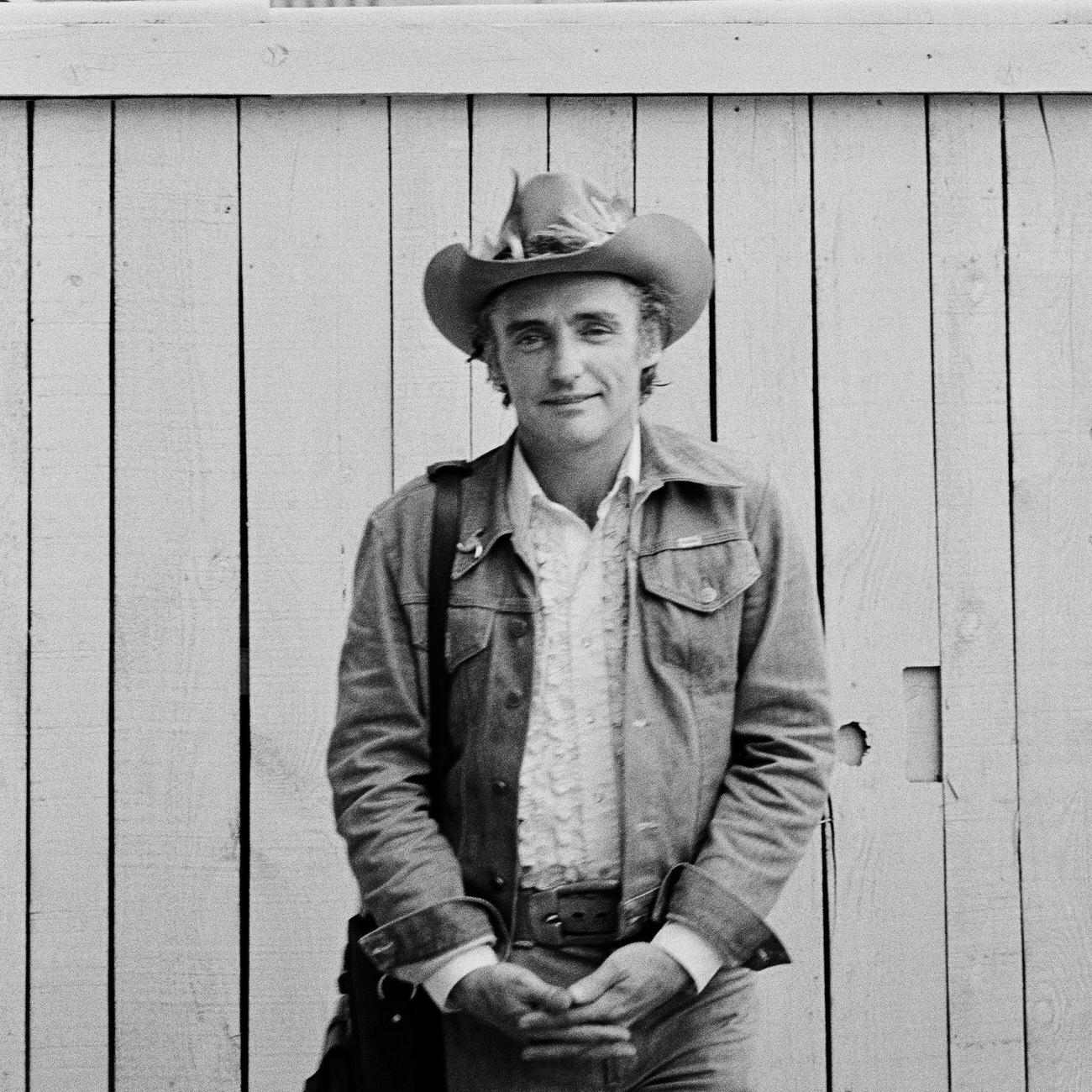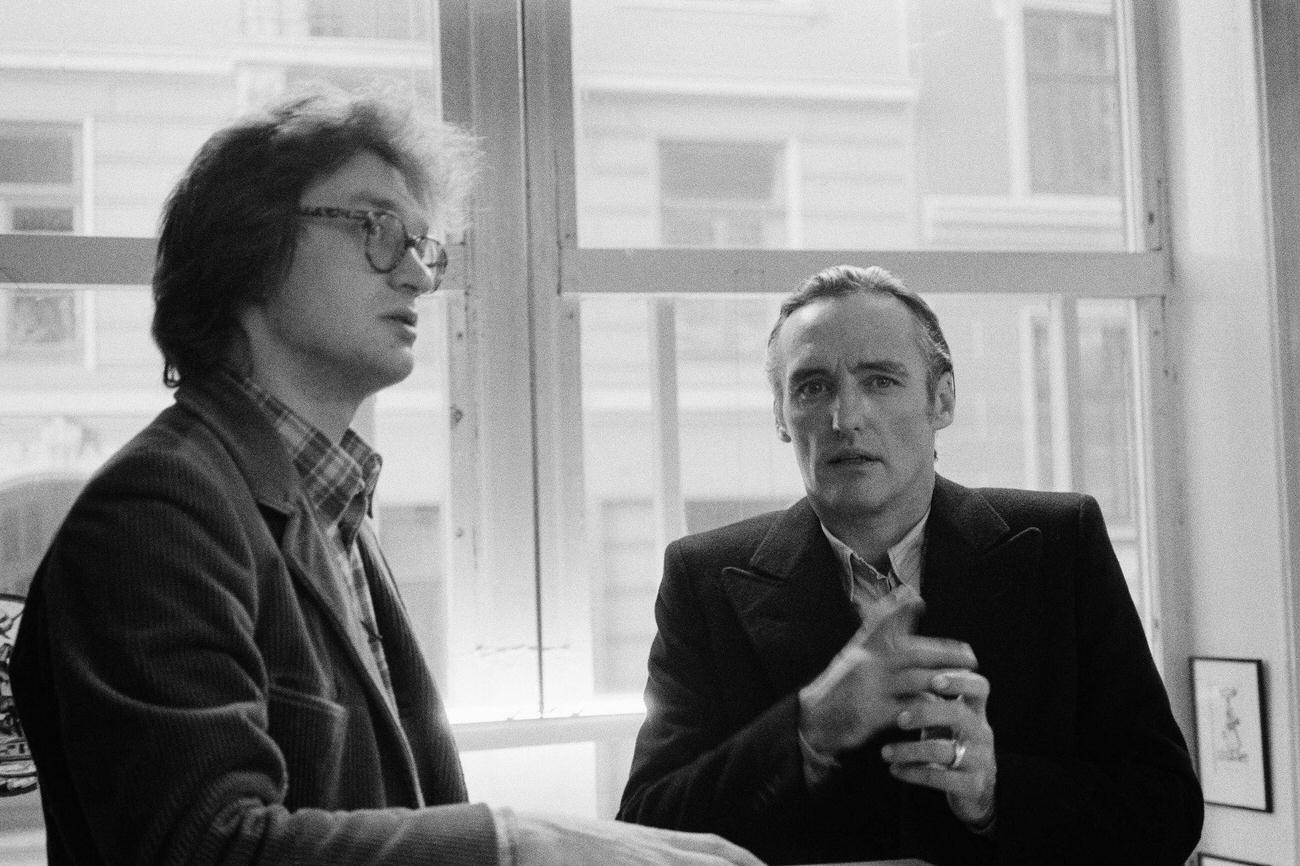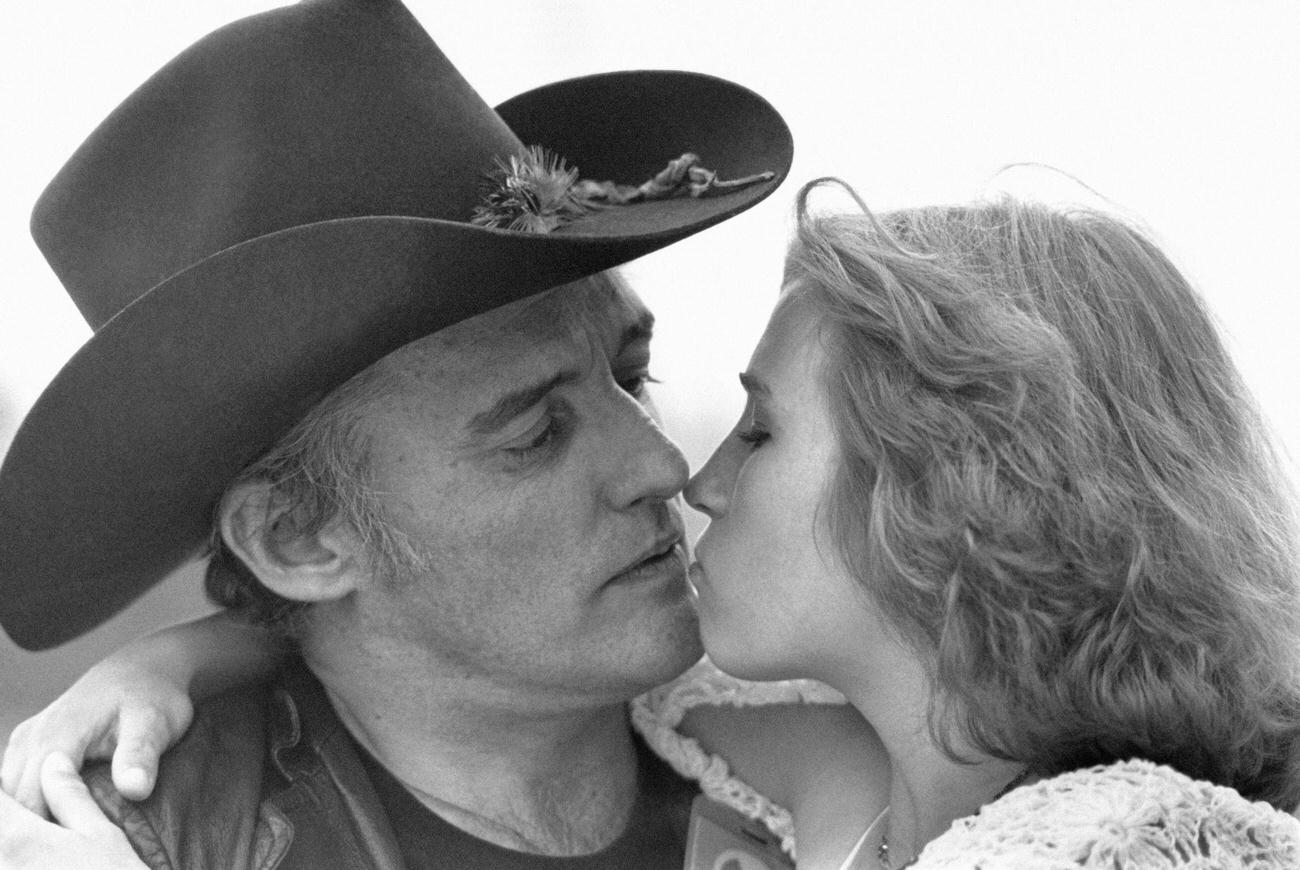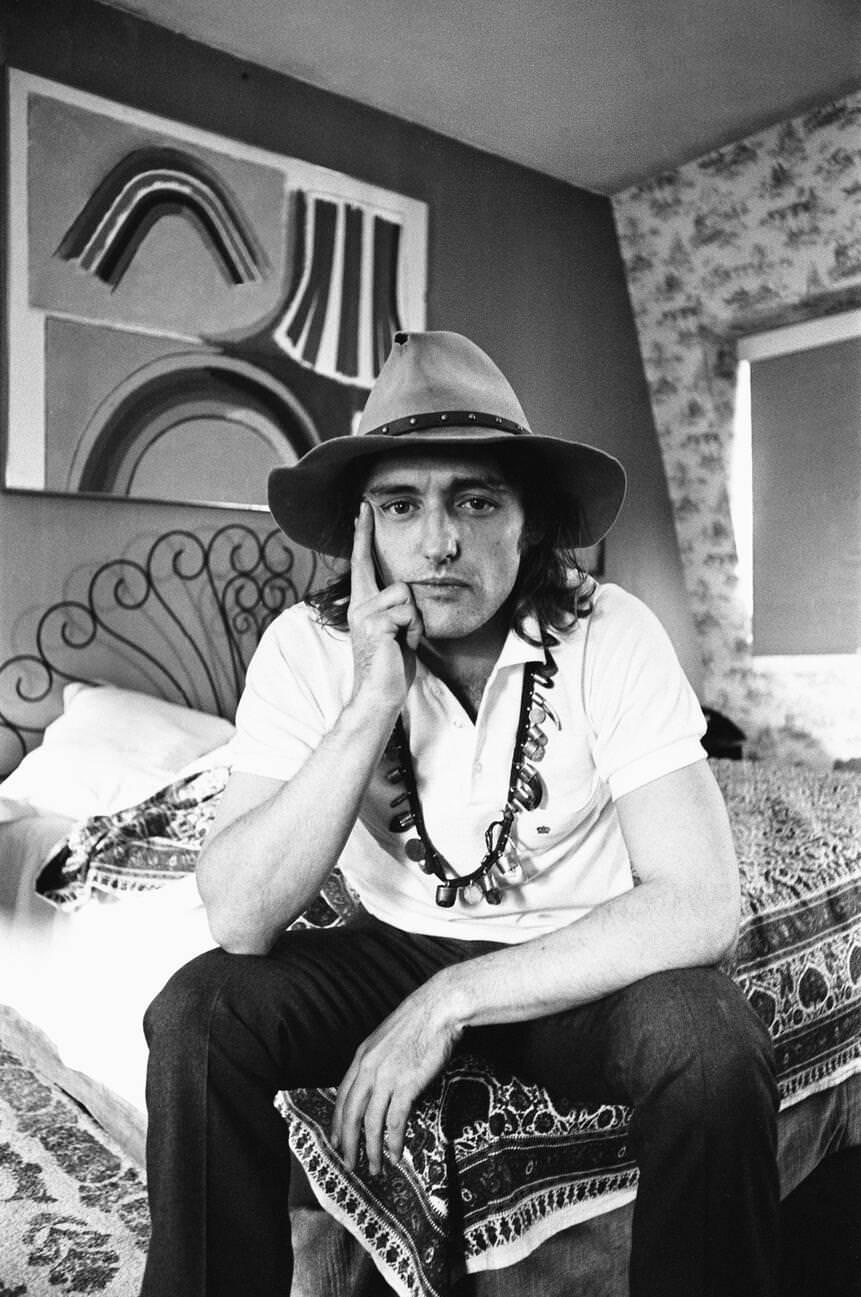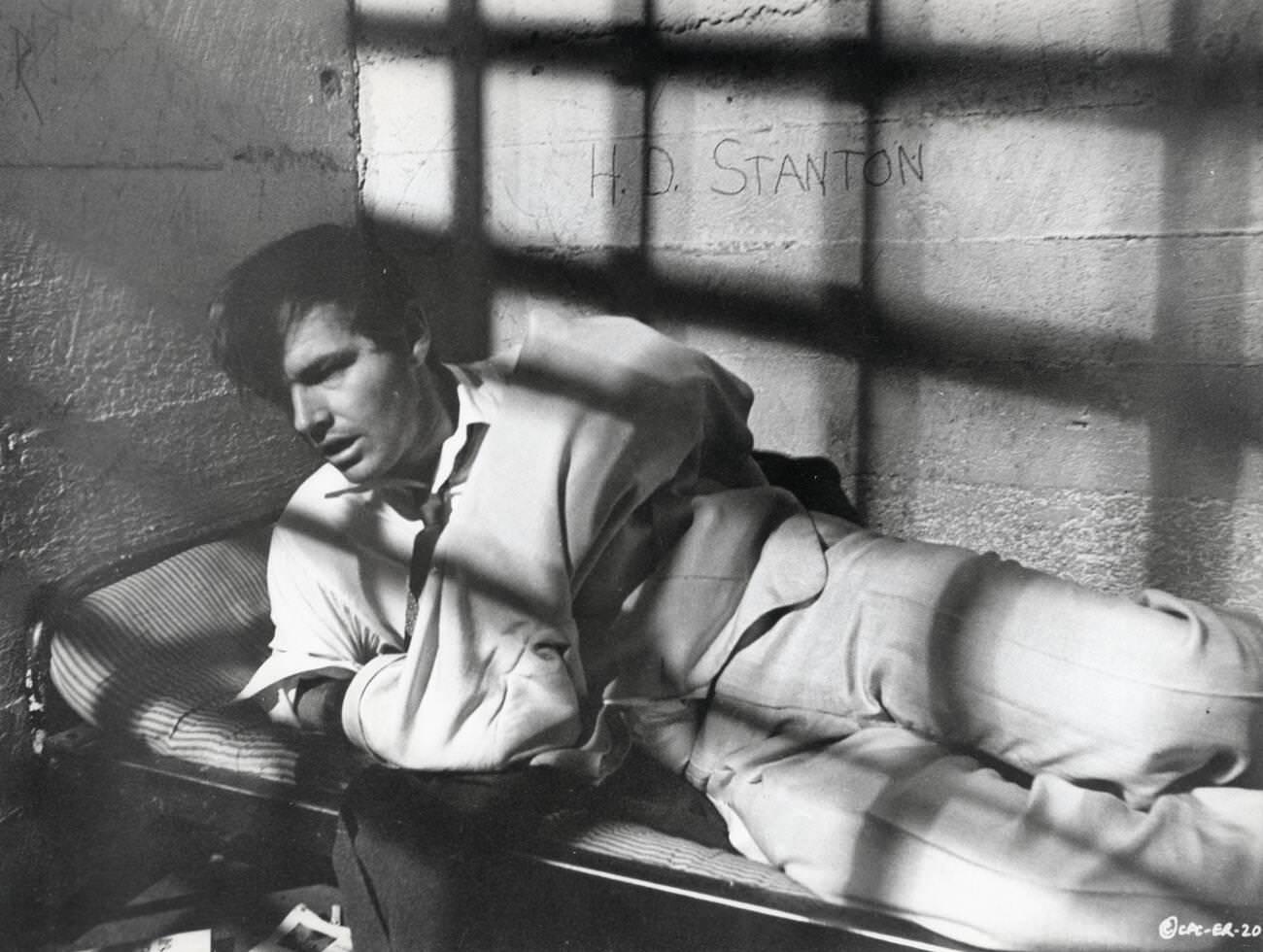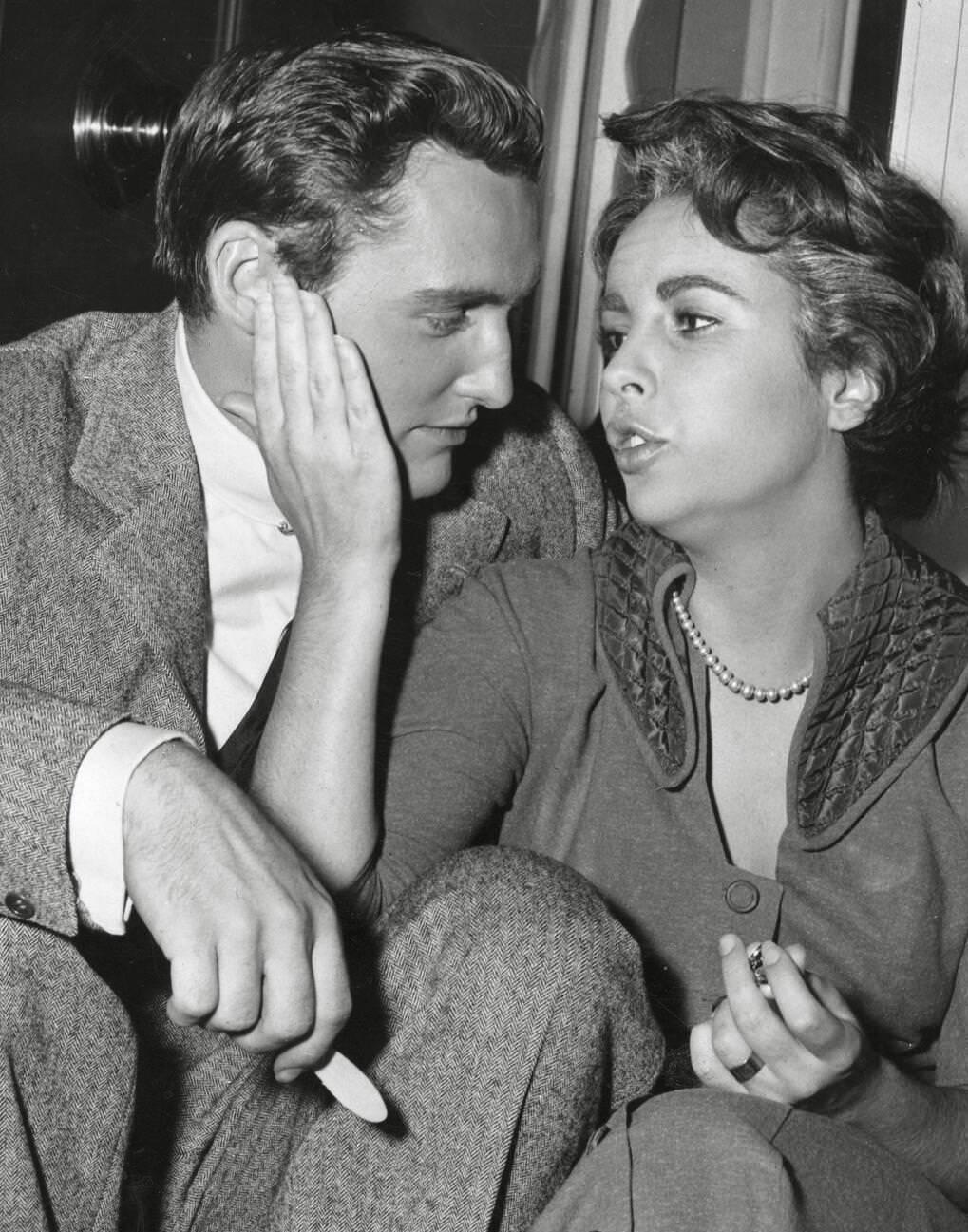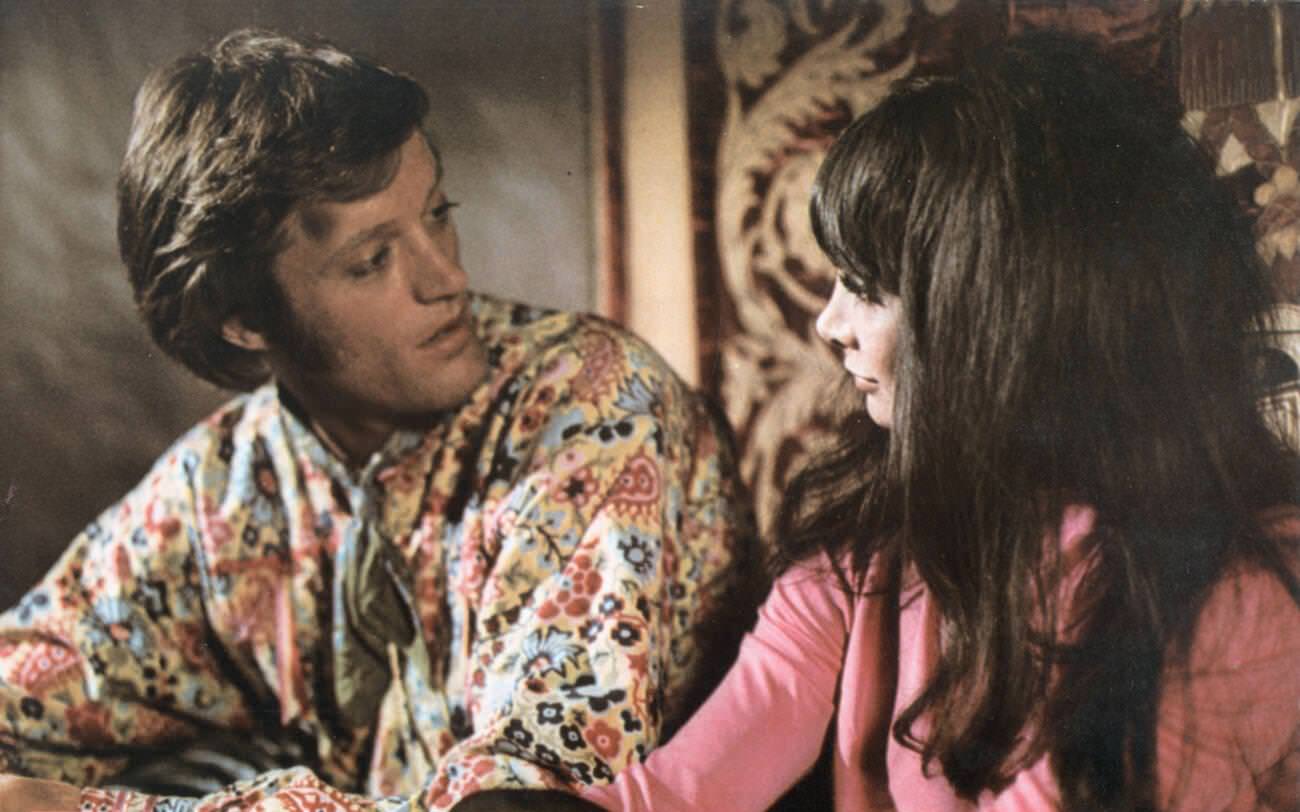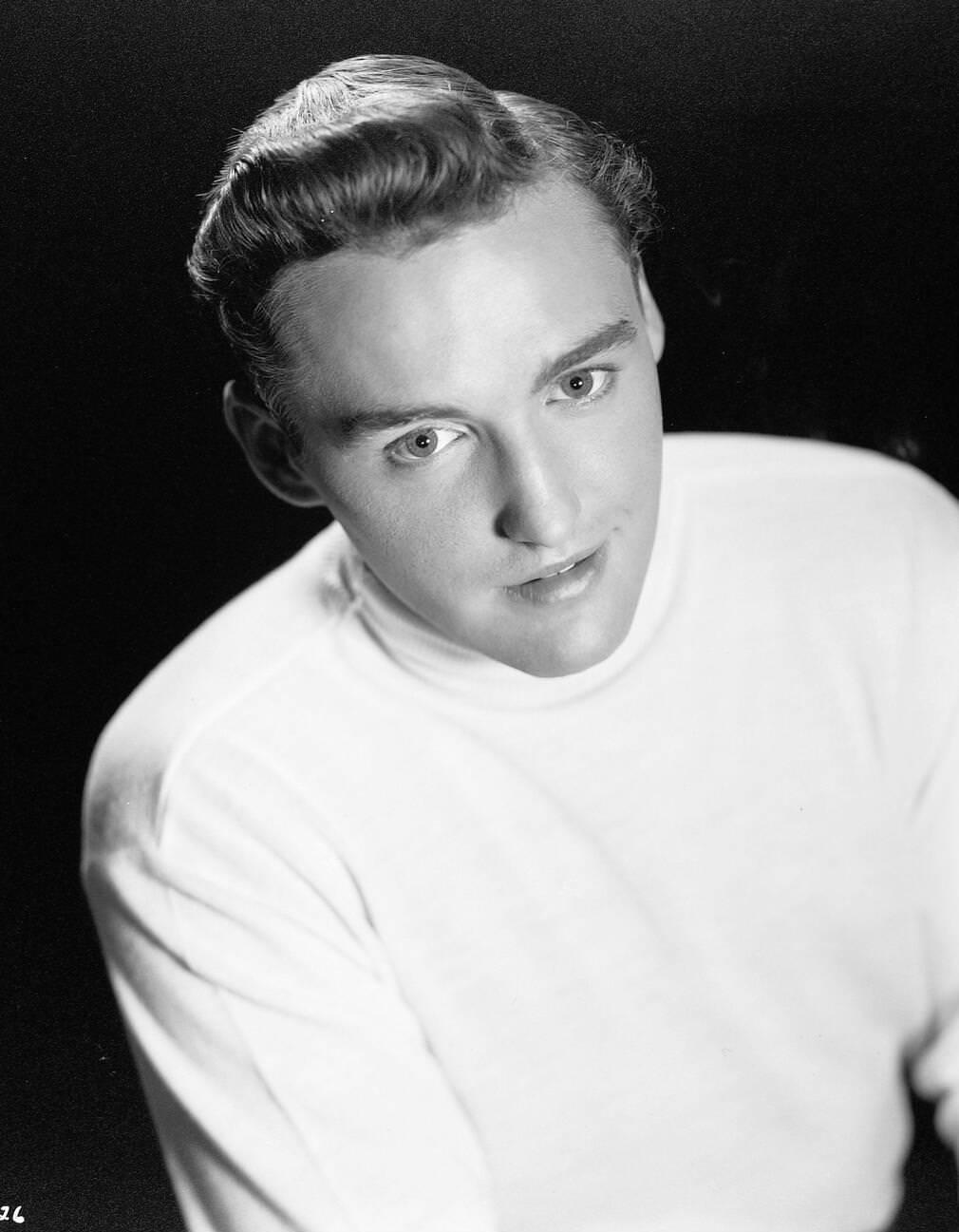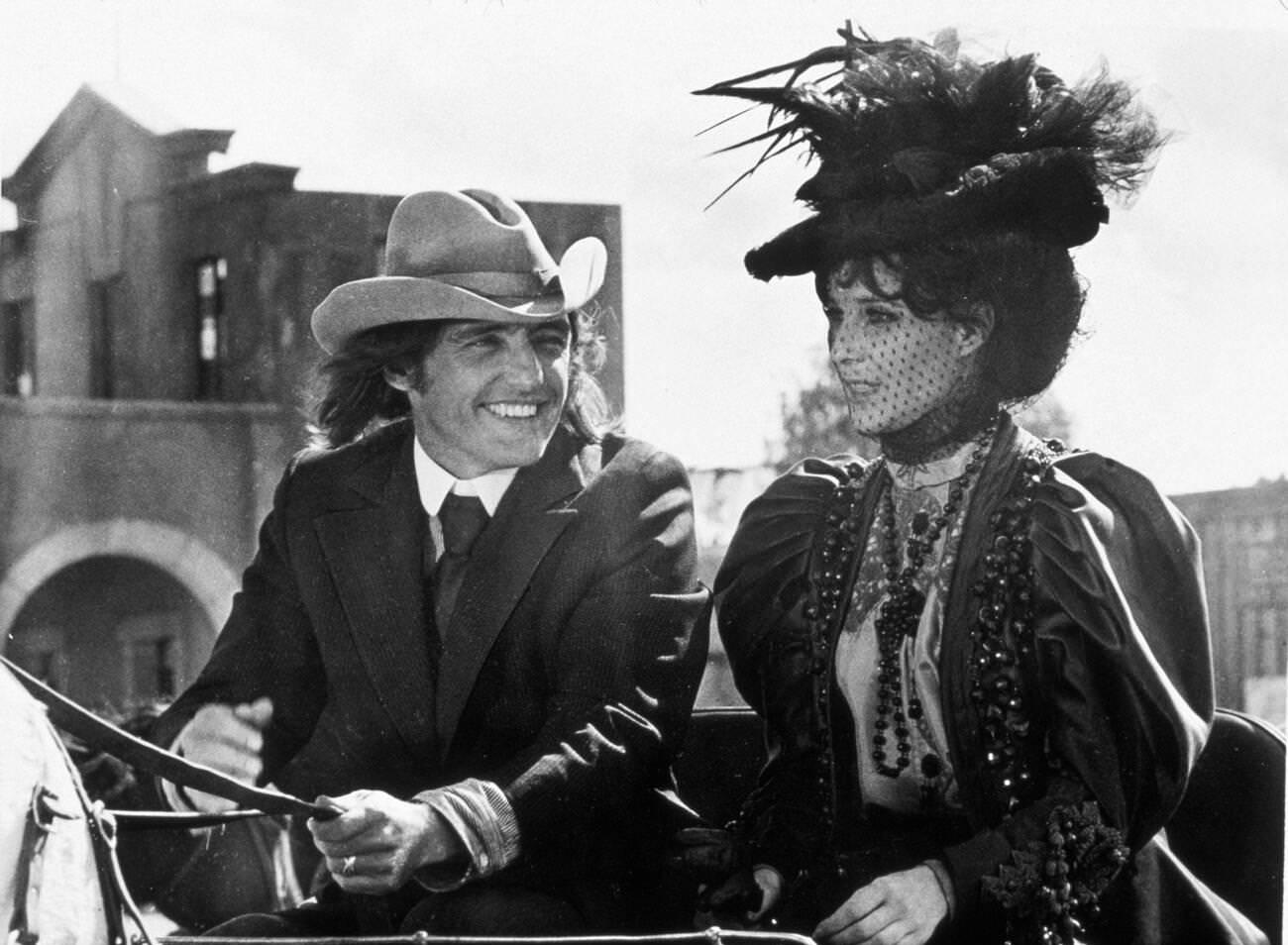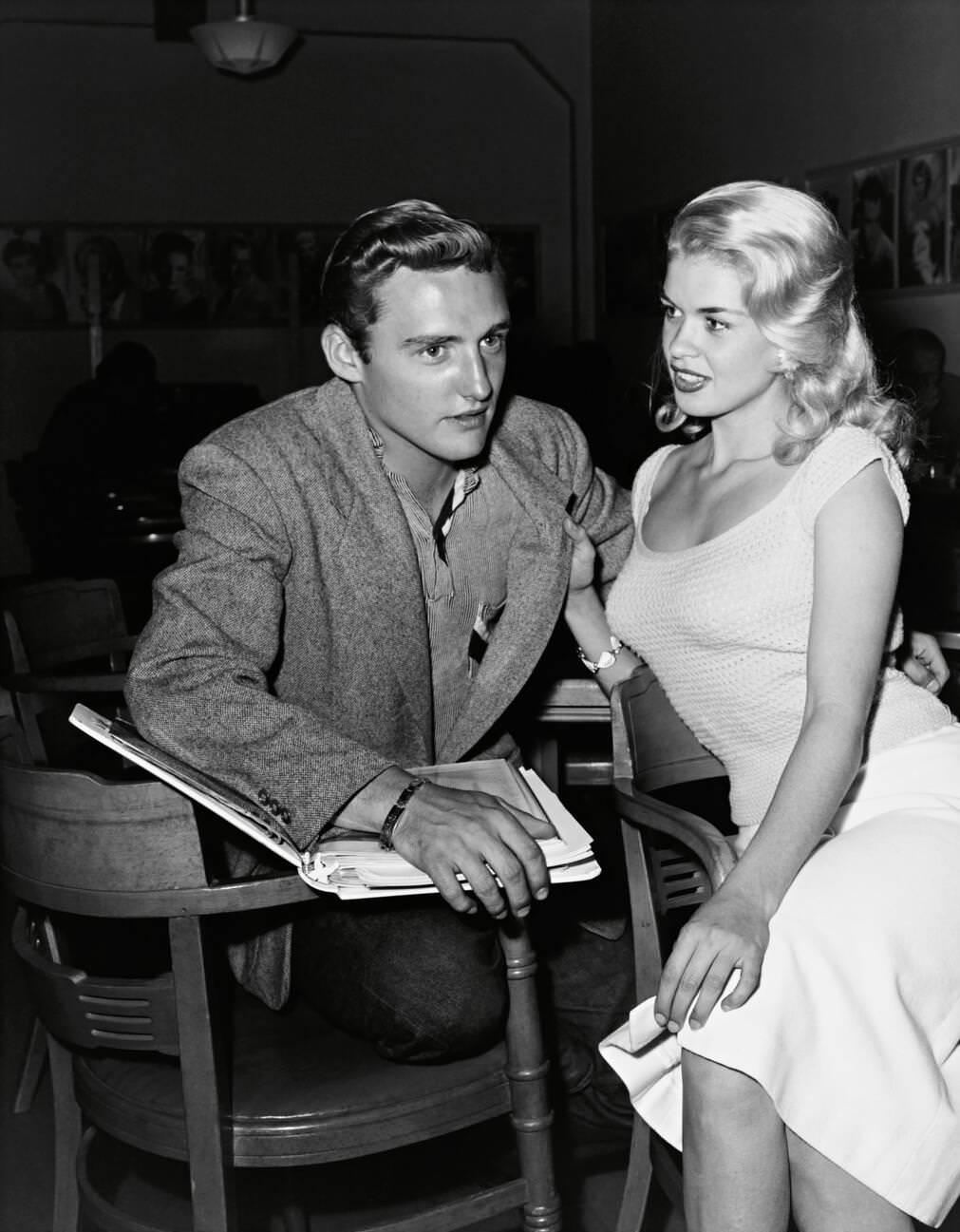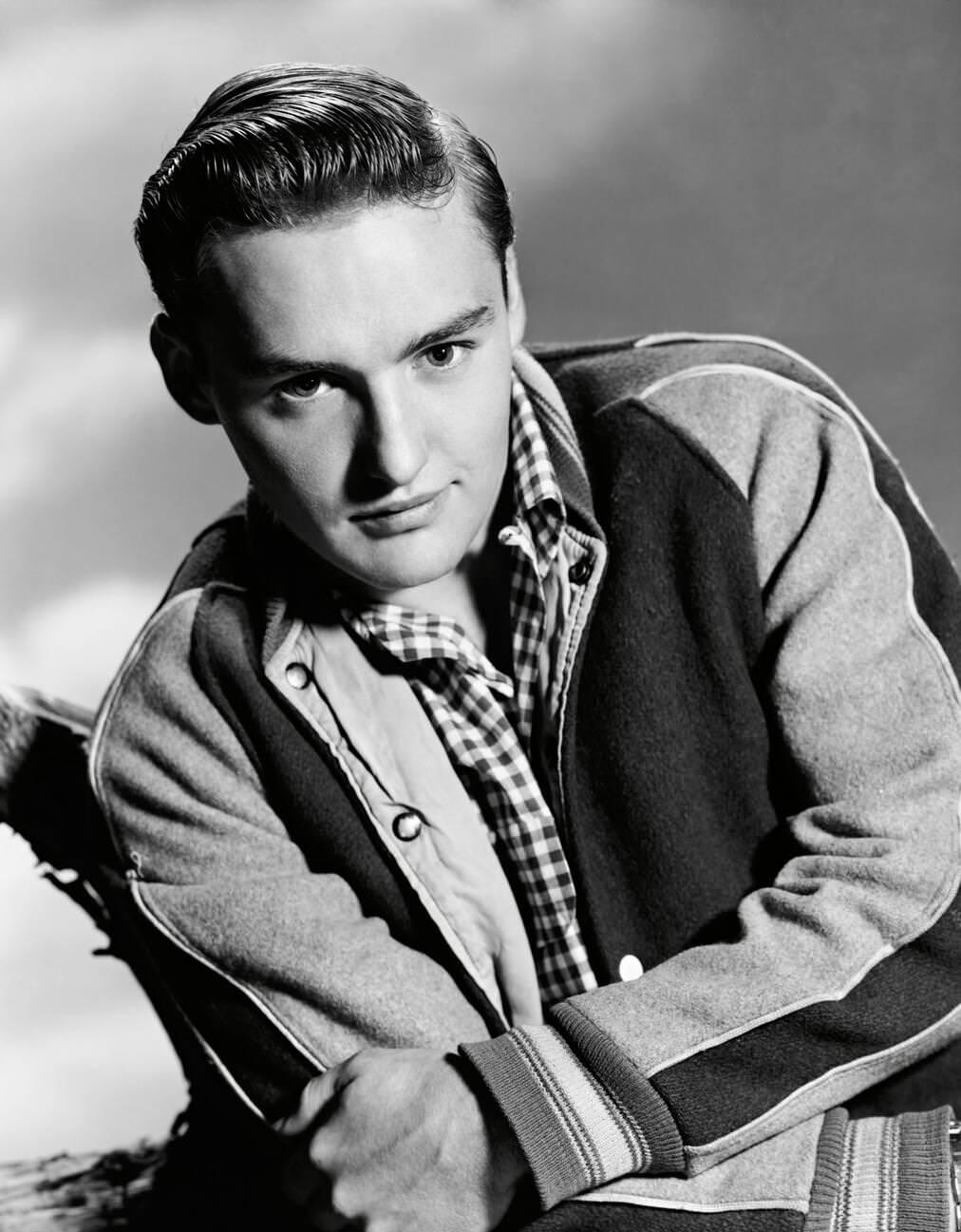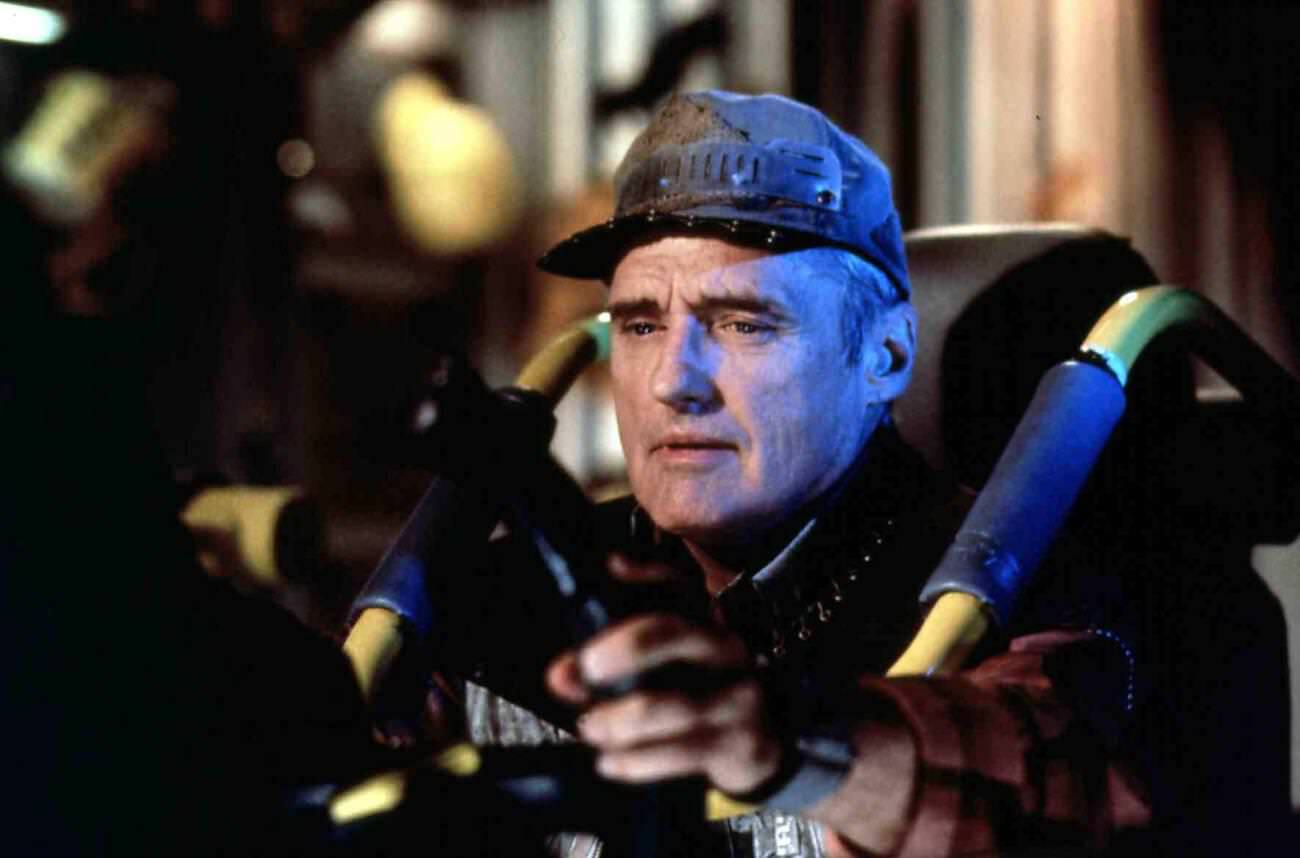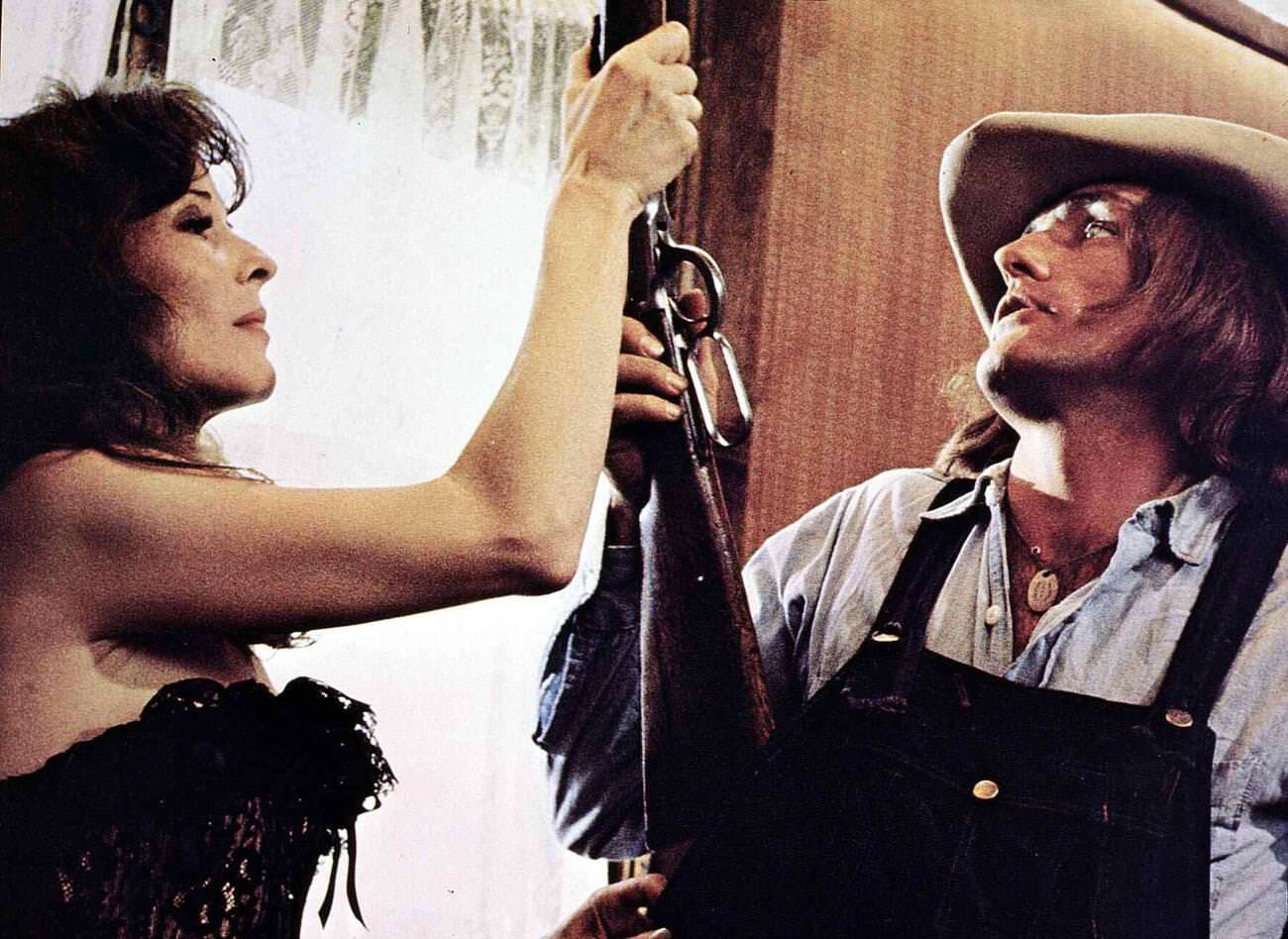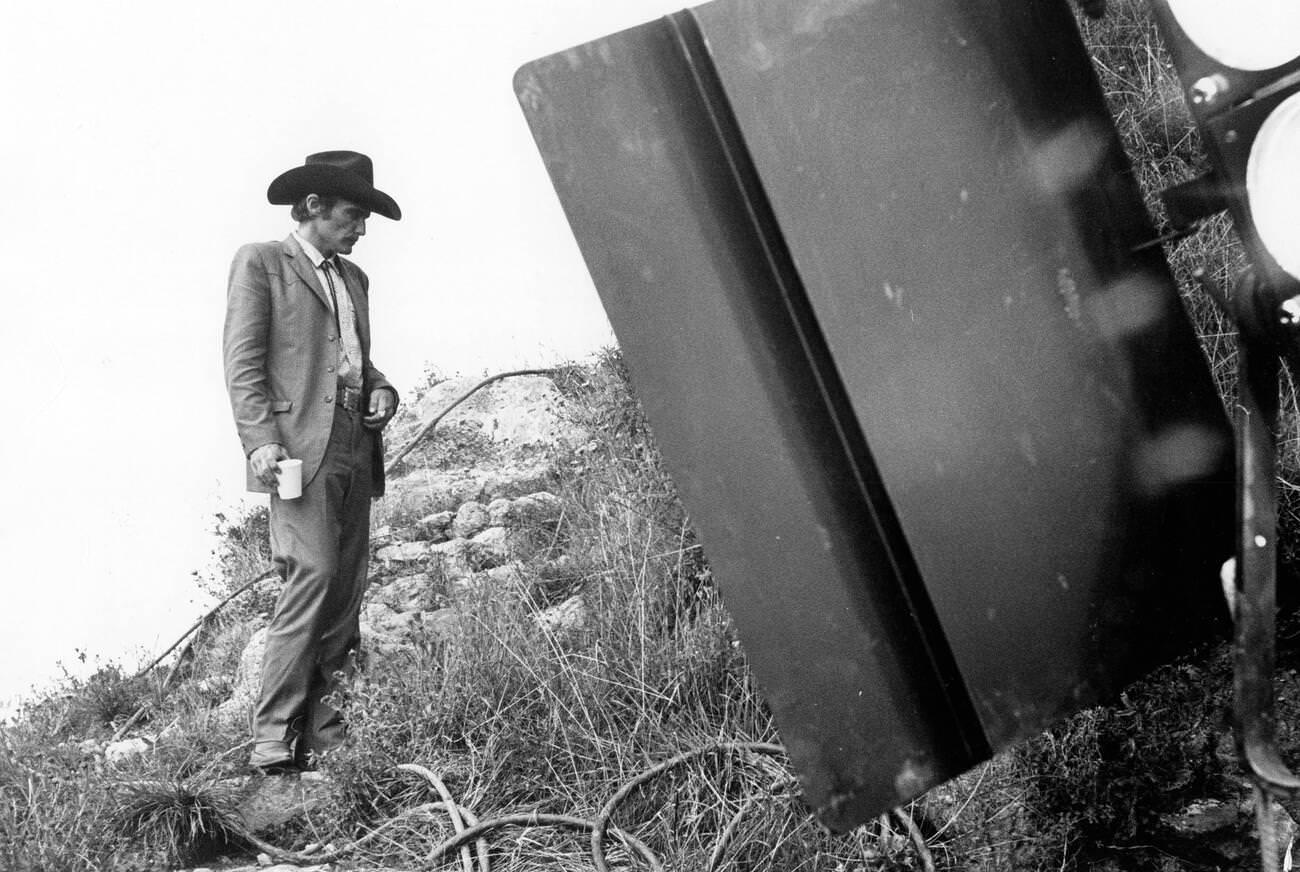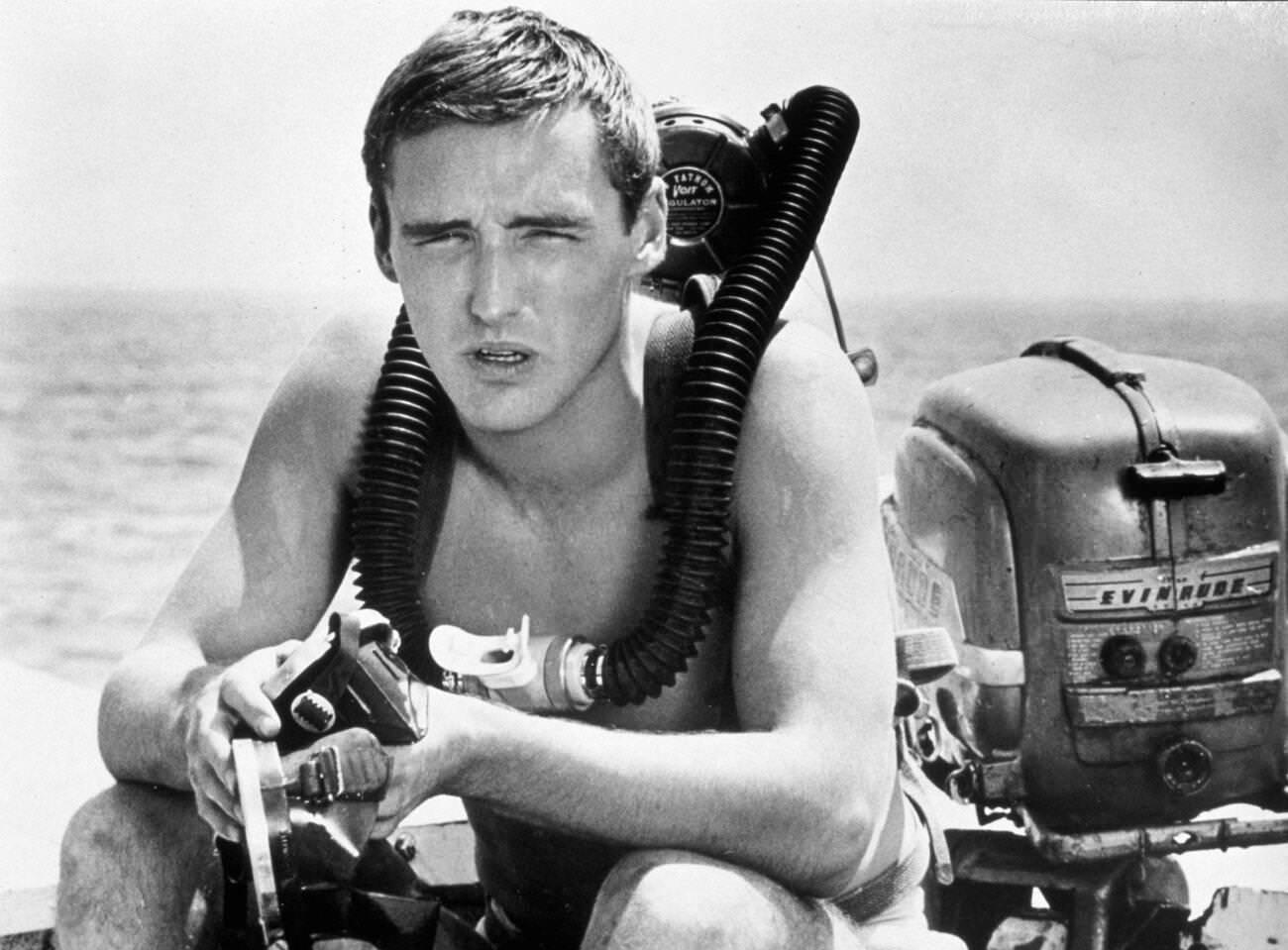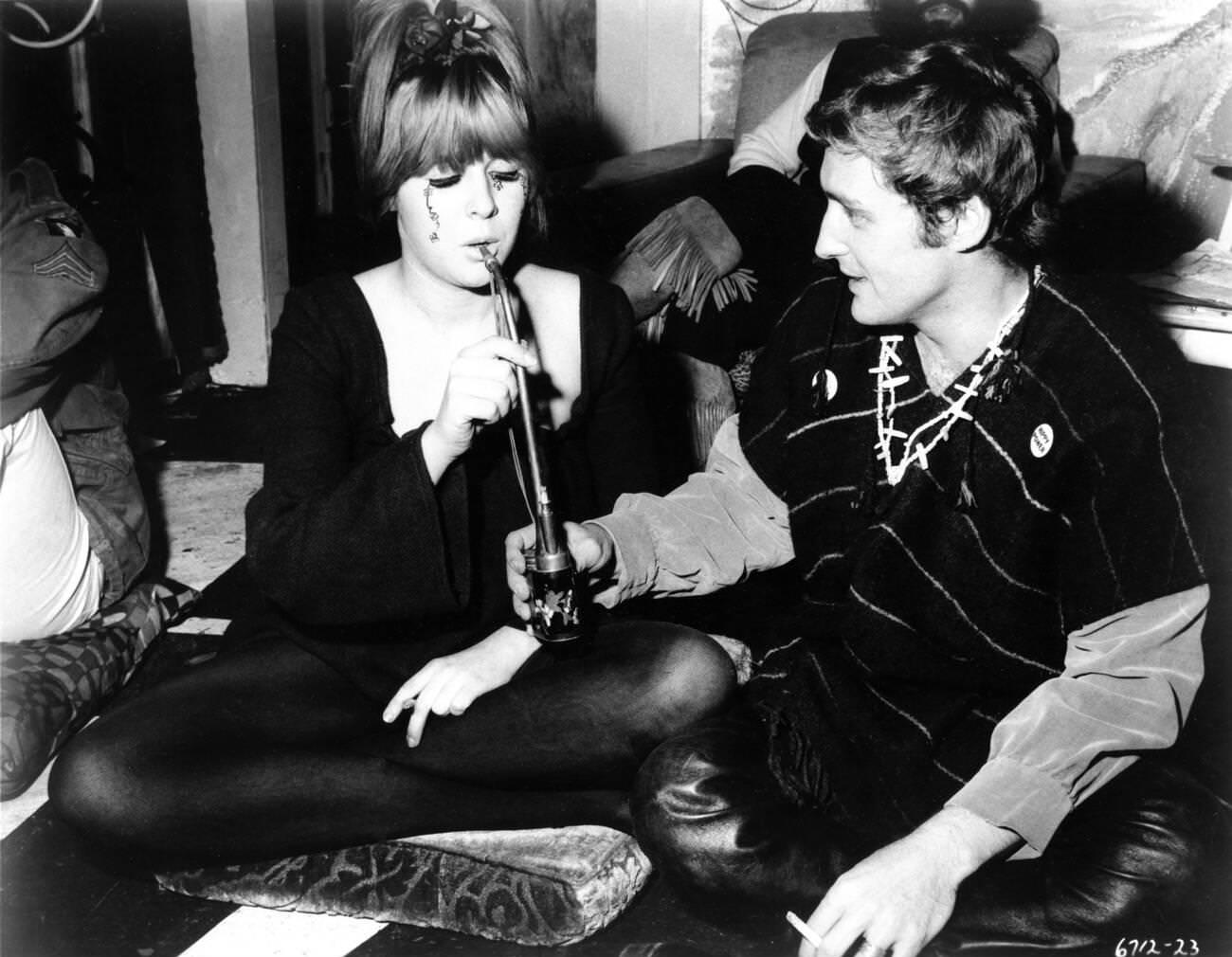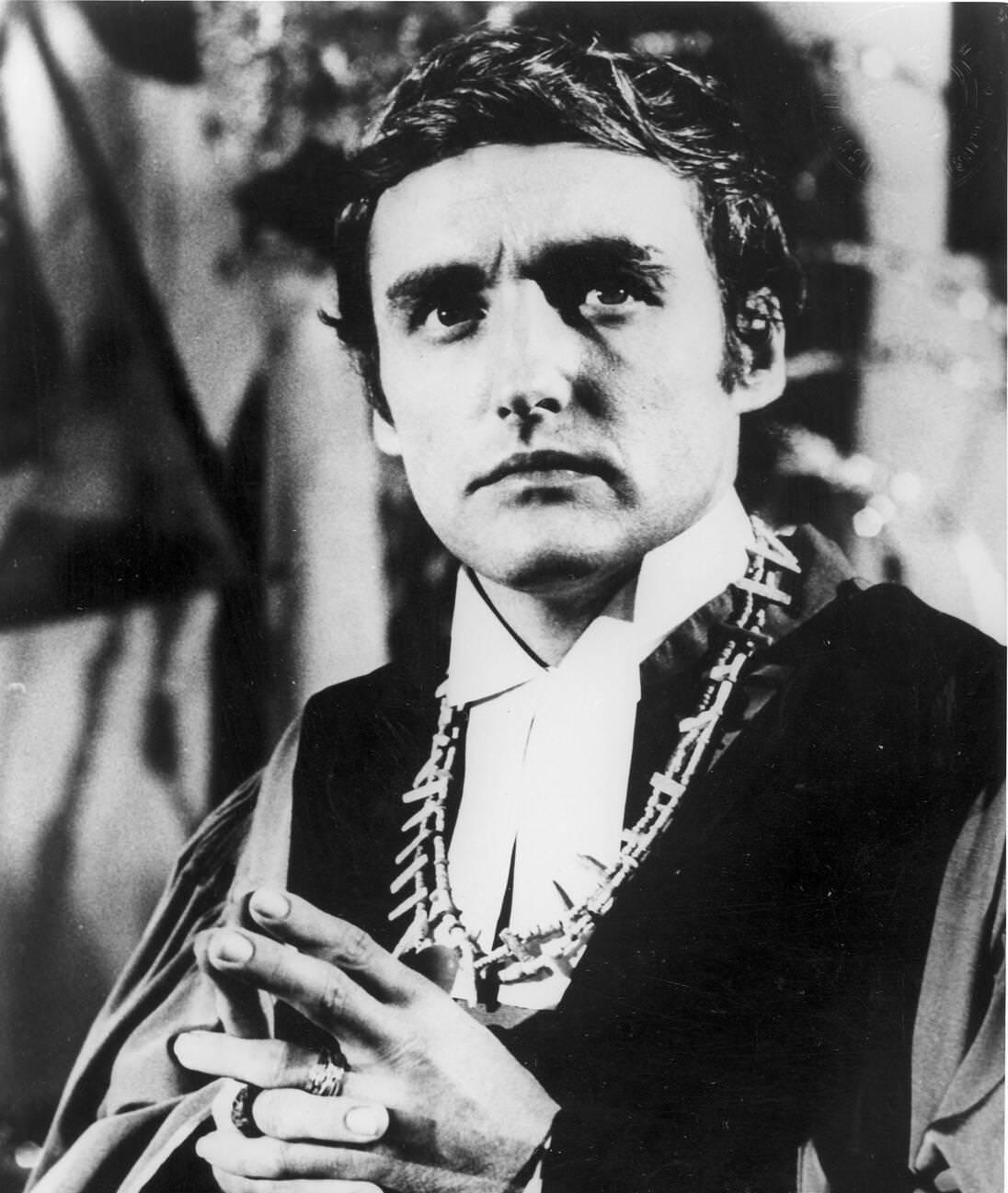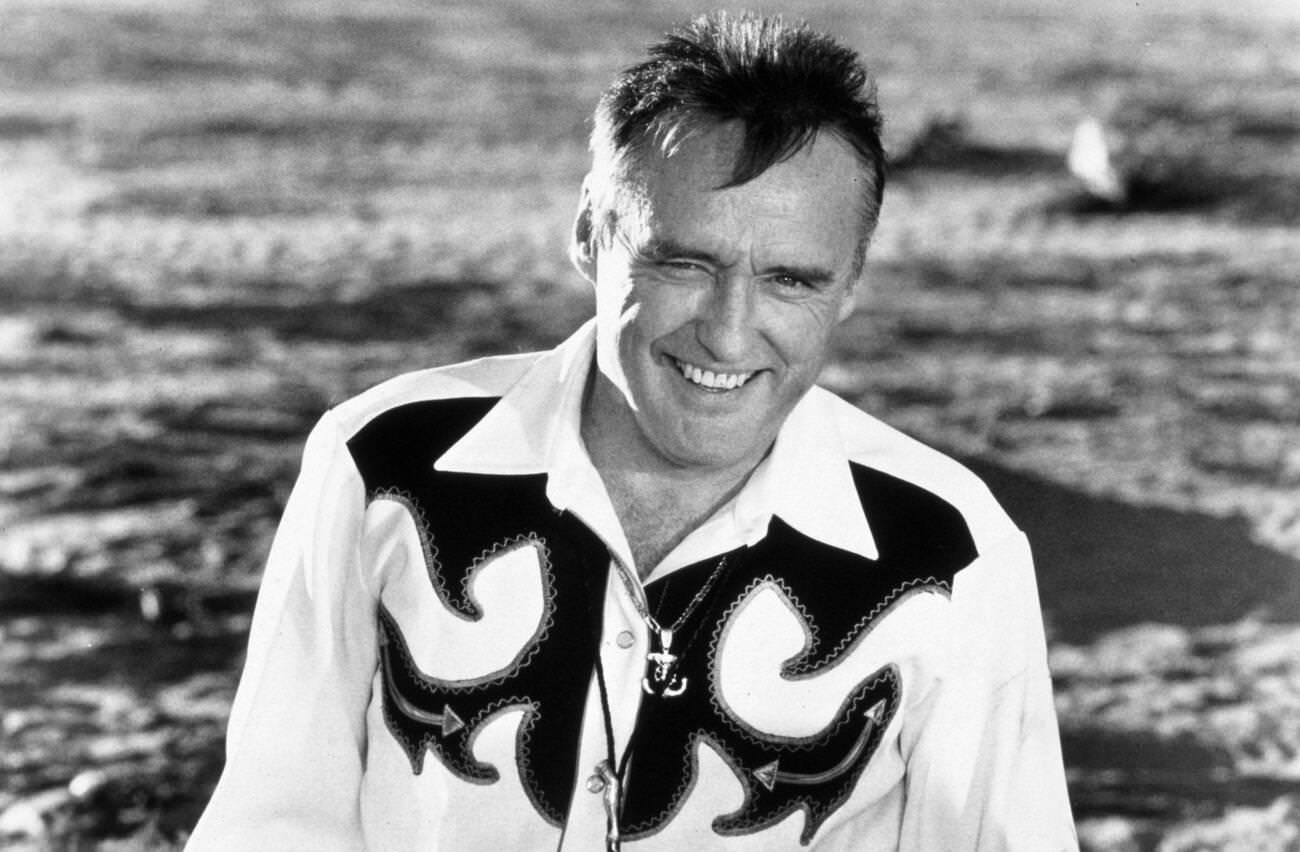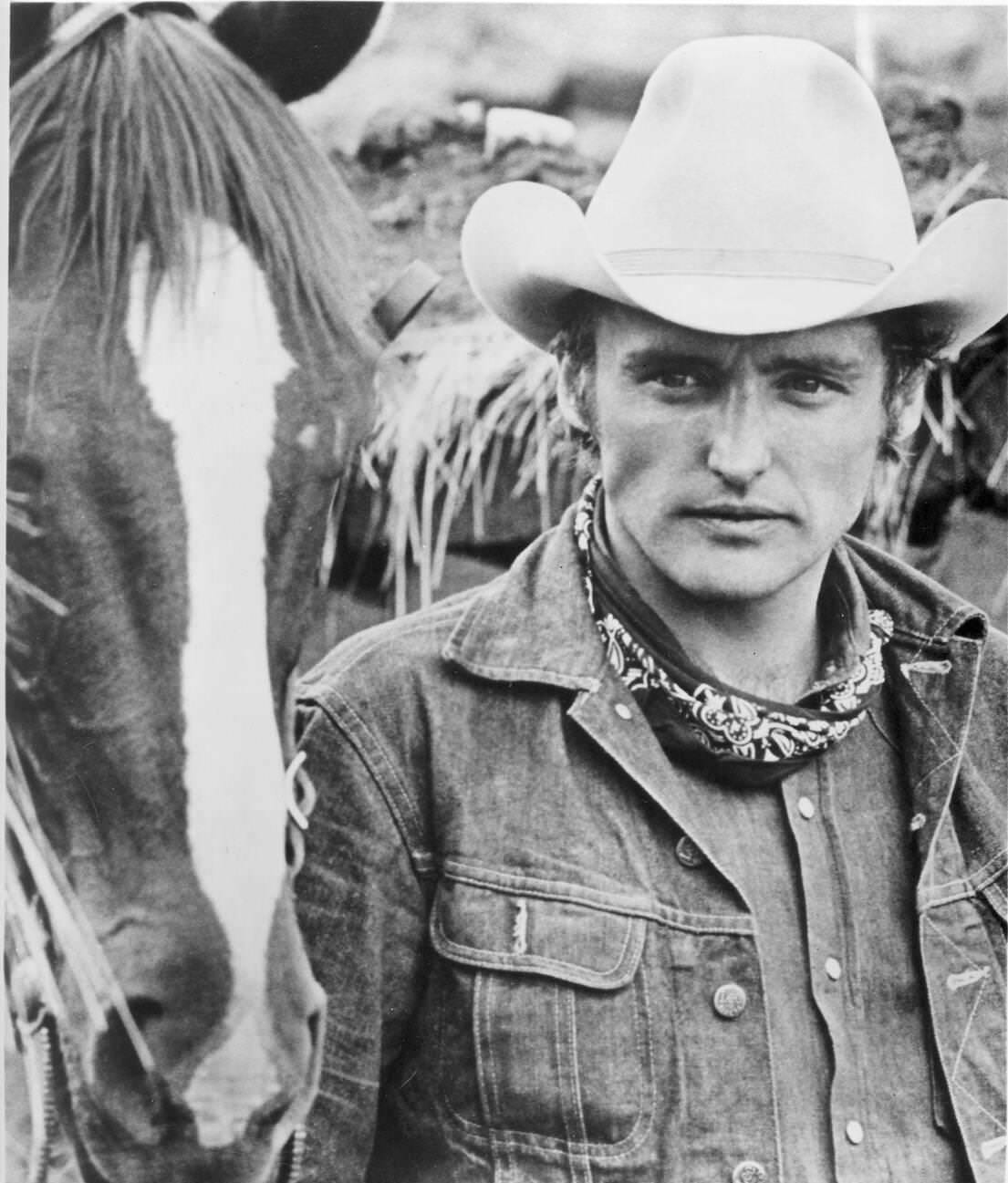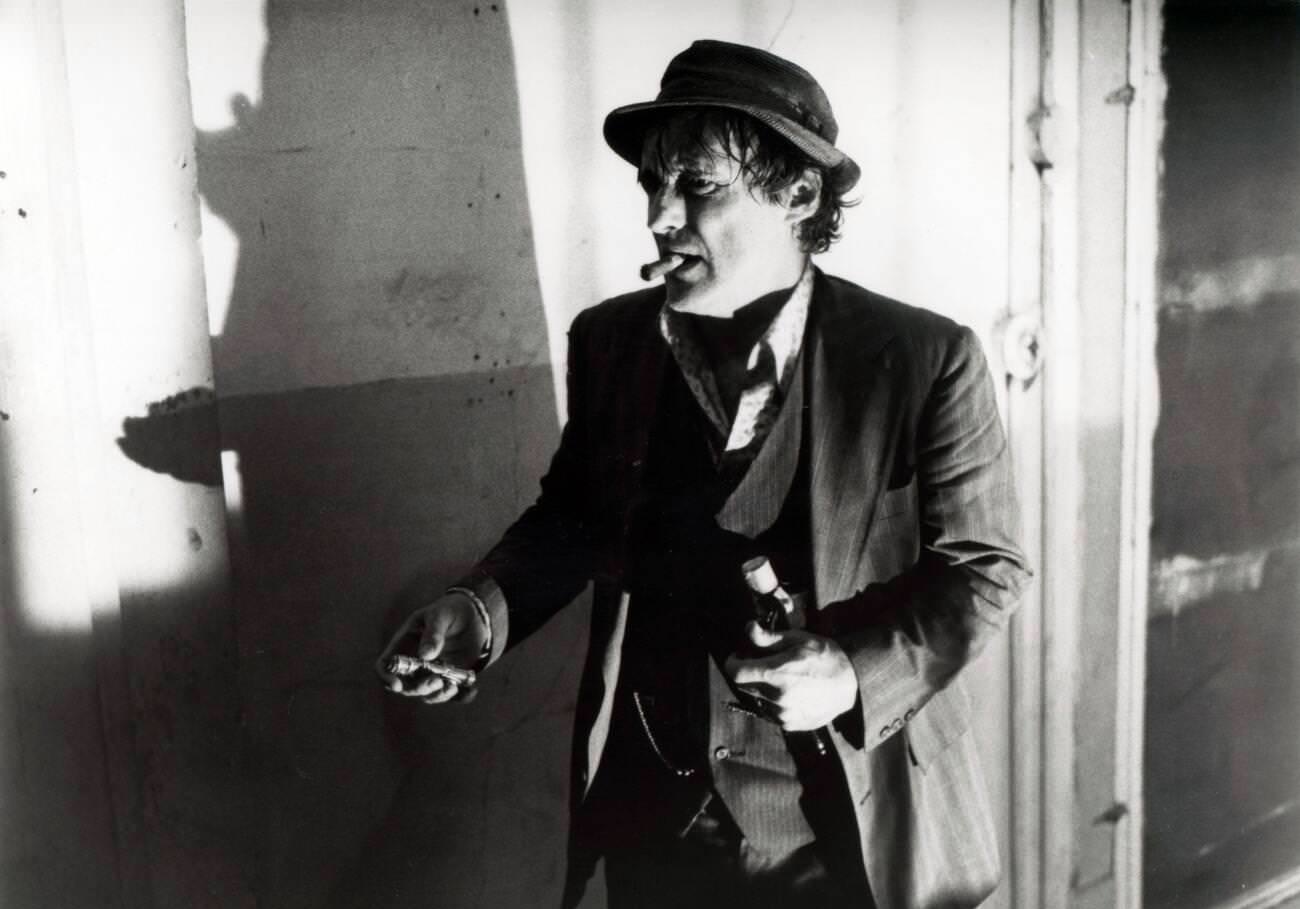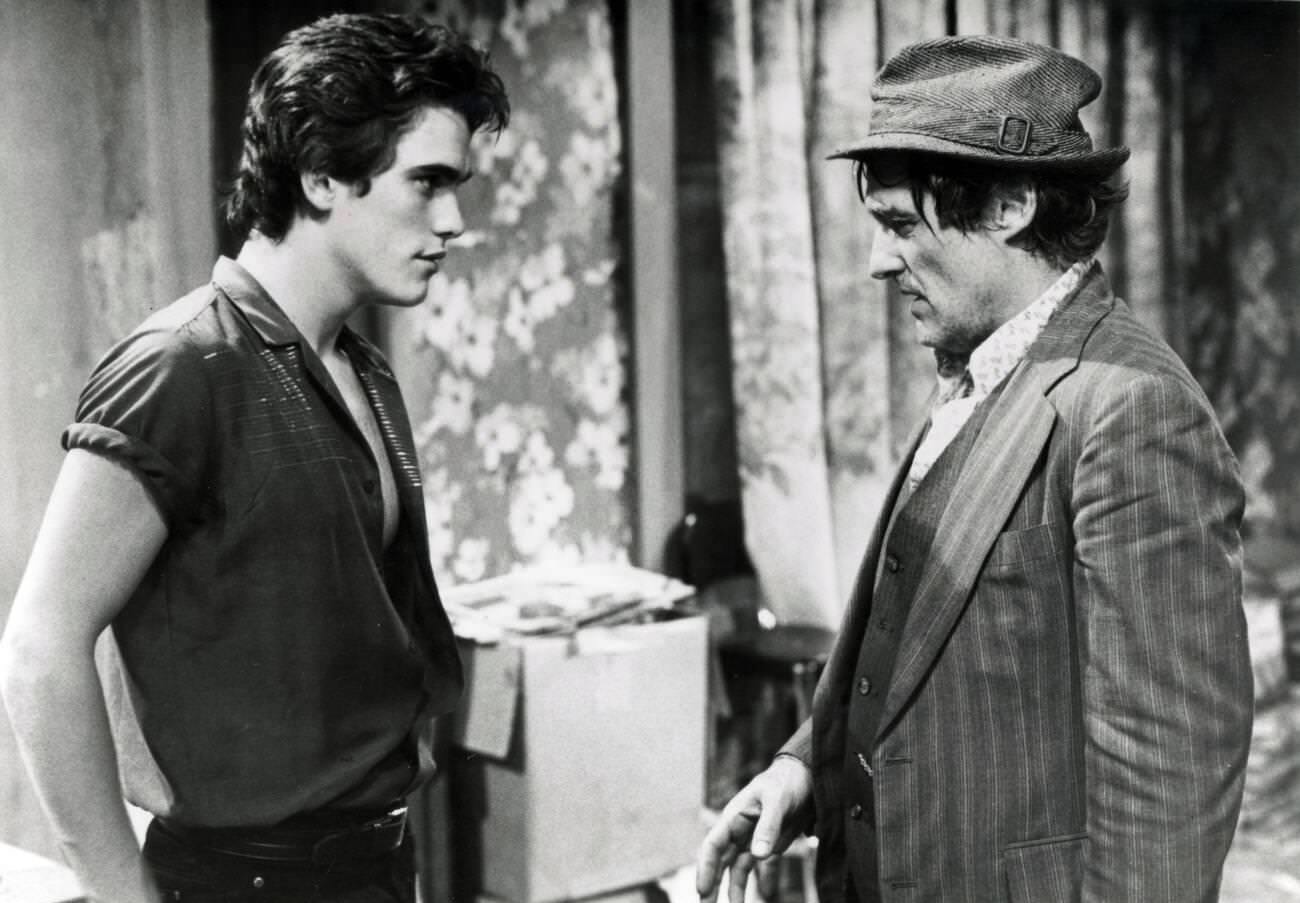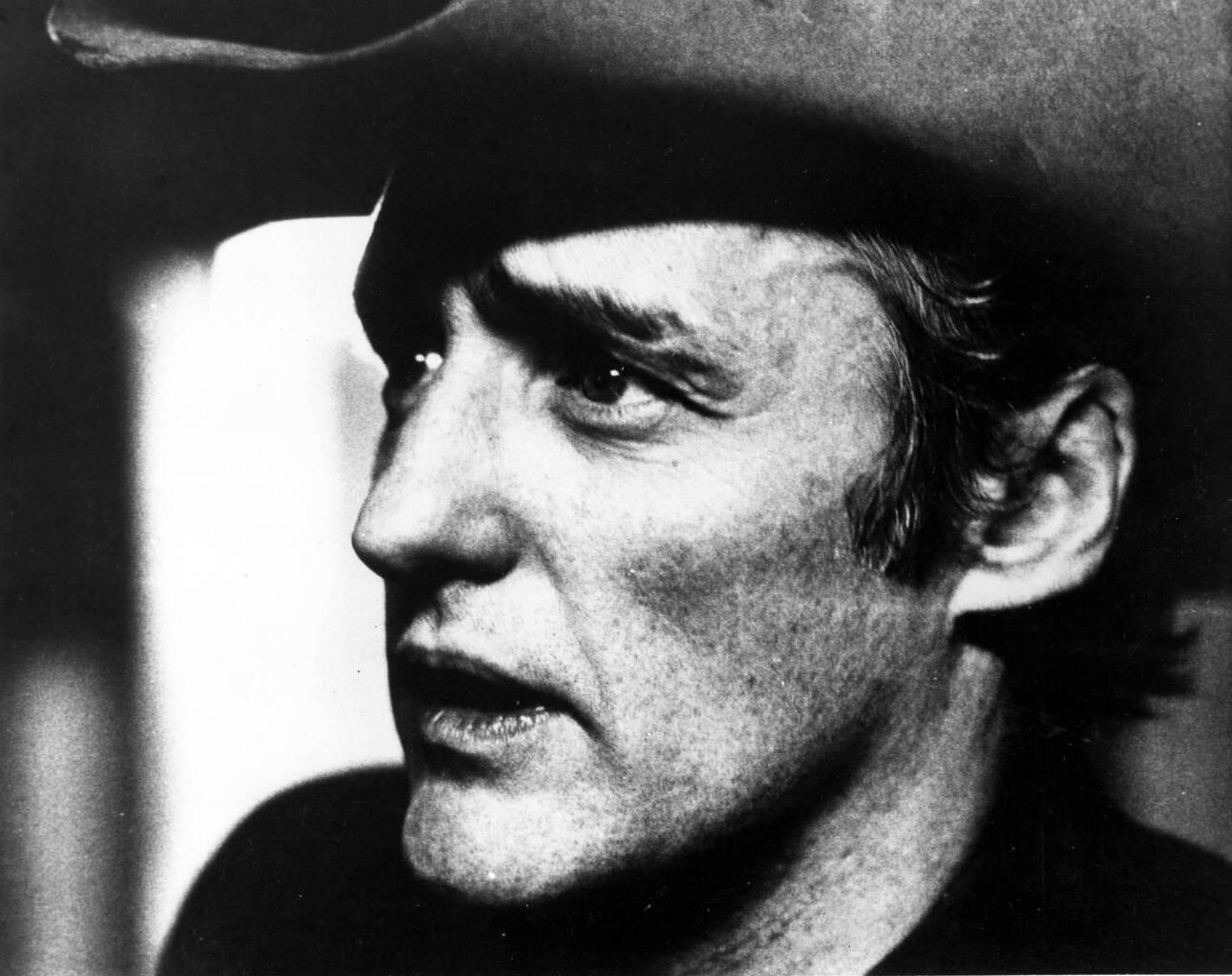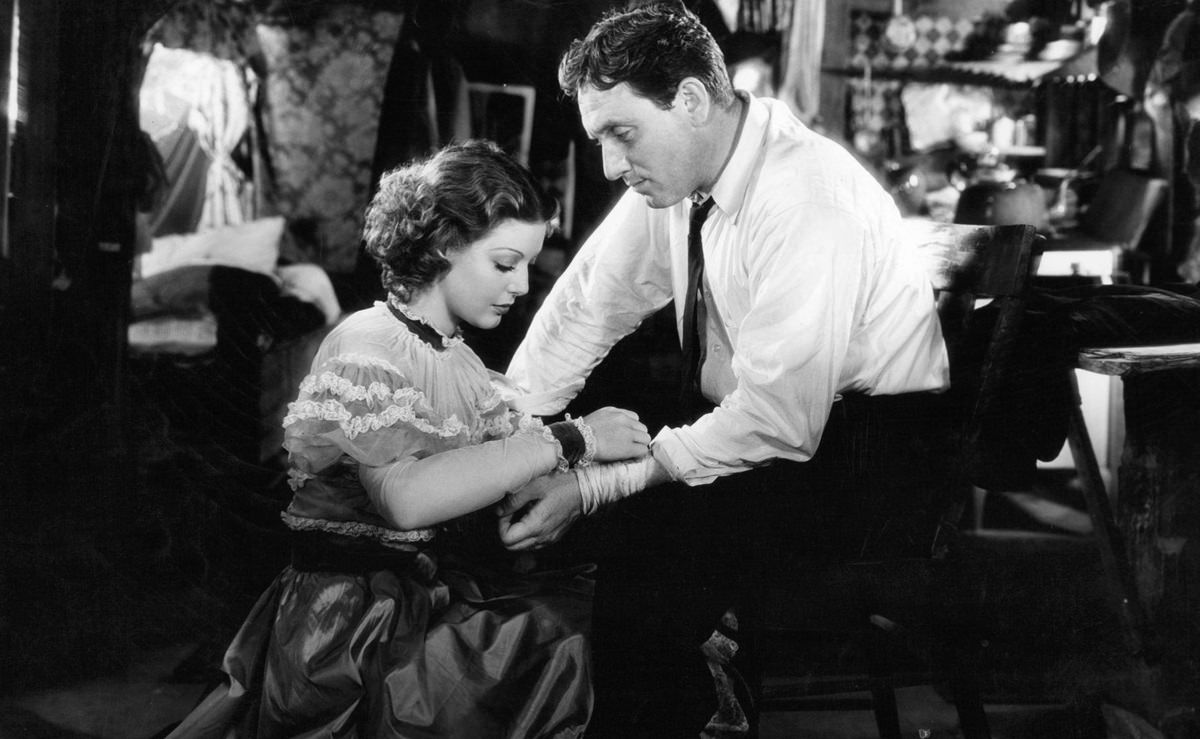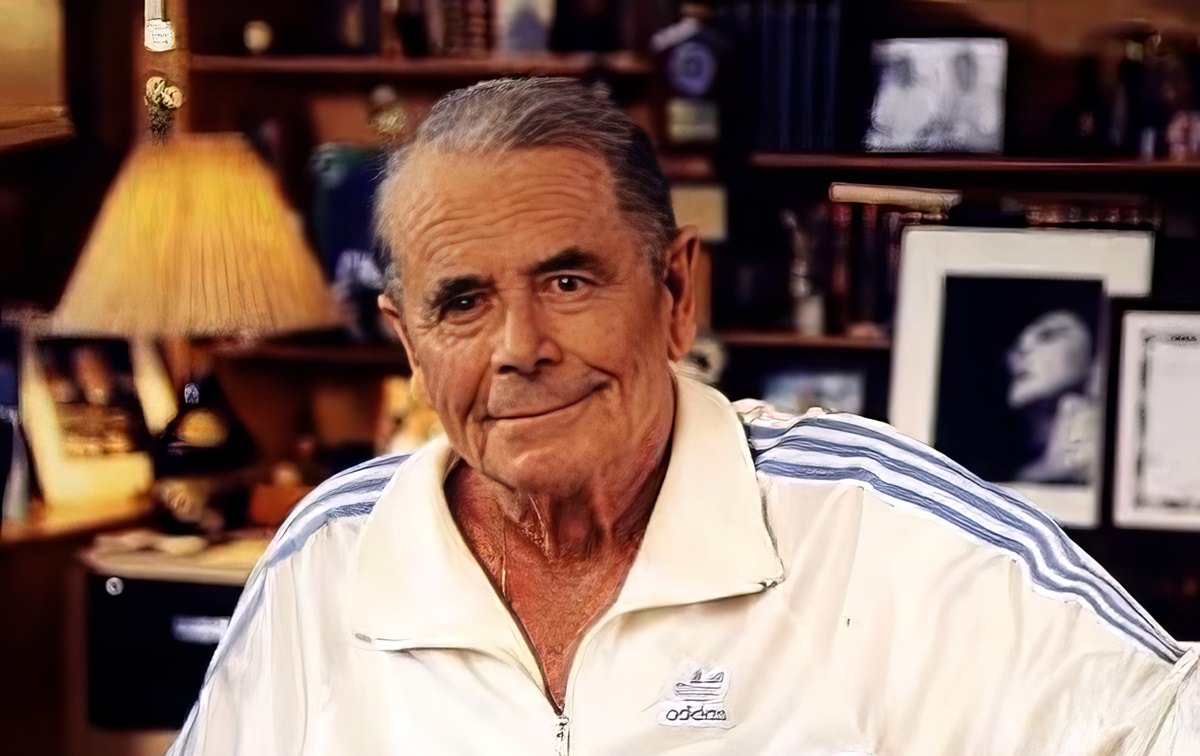Dennis Hopper’s early career is a story of a young talent emerging in the golden age of Hollywood, a period that was both unforgiving and rewarding. Born into a modest family, Hopper’s early exposure to theater and film was the spark that ignited his passion for acting. Hopper’s break into Hollywood was a combination of raw talent and the right timing. As a teenager, he moved to Los Angeles and studied at the Actors Studio, immersing himself in the Method Acting discipline that would come to define his intense on-screen presence.
Breaking into the Big Screen
In 1955, a young Dennis Hopper took his first step into the limelight with “Rebel Without a Cause.” His on-screen debut was as impactful as it was symbolic, with Hopper portraying a troubled teenager alongside James Dean, who would become an iconic figure in Hopper’s life. Their friendship was short-lived due to Dean’s untimely death, but the influence was lasting, instilling in Hopper a rebellious spirit that would become his signature.
The Struggle for Creative Expression
Hopper’s quest for creative control often put him at odds with the studio heads of the era. His dedication to the craft and his refusal to conform to the rigid expectations of studio executives resulted in a temporary blacklisting from Hollywood’s inner circle. This conflict pushed him towards independent projects, where he found the freedom to explore and express his artistic vision.
A New Wave of Cinema
As the 1960s ended, Dennis Hopper was on the verge of a breakthrough. “Easy Rider,” a film that encapsulated the counterculture movement of the era, was Hopper’s directorial debut and became an instant classic. It was a film that broke the mold, and Hopper’s role in writing, directing, and starring in it cemented his status as a pioneer in the New Hollywood wave.
Hopper’s early years in Hollywood were a blend of artistic struggle and triumph. Through his performances, he captured the spirit of a generation seeking change. His passion and innovative spirit in these formative years set the stage for a career that would continue to challenge and redefine the boundaries of filmmaking.


